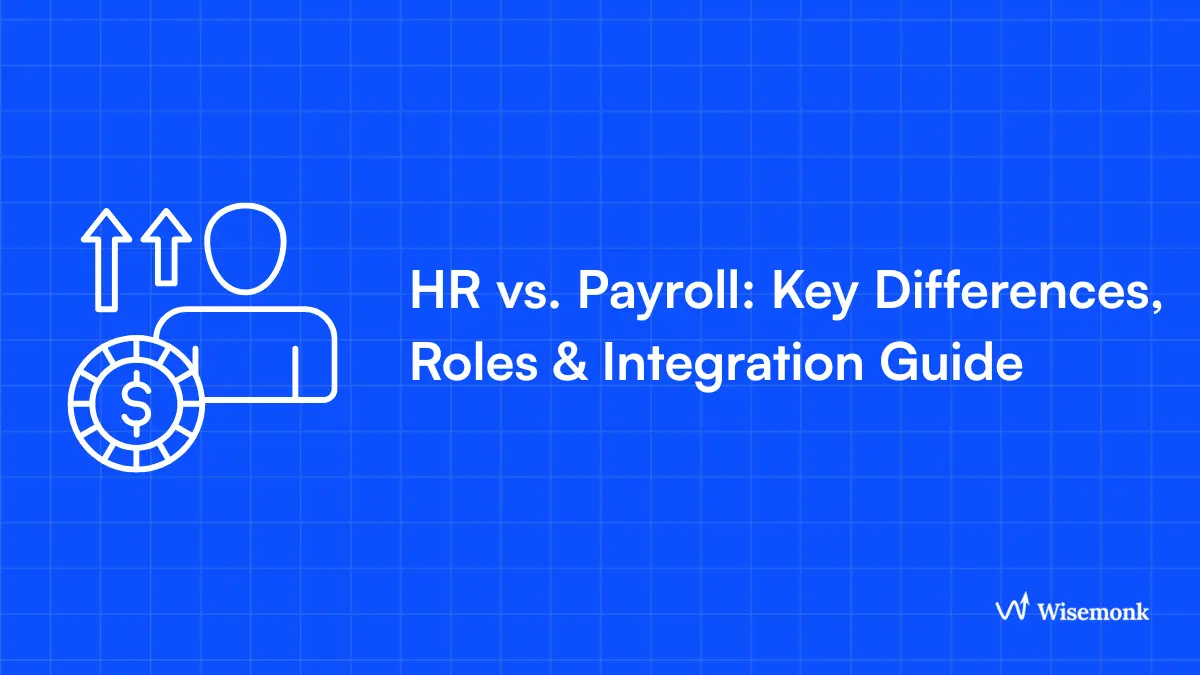Looking to expand your business globally with an employer of record (EOR) partner? Ensuring full compliance with local labor laws, tax regulations, and data protection laws is crucial. Non-compliance can risk your company’s reputation, cause legal issues, and lead to costly fines. Regular EOR compliance audits help you manage payroll accuracy, maintain proper employment contracts, and meet statutory benefits requirements. In this guide, we’ll walk you through a comprehensive international employment audit checklist to keep your business operations fully compliant across different countries, minimizing legal risks and ensuring fair treatment of international employees.
What should you do to prepare for an EOR compliance audit?[toc=EOR Audit Preparation]
Preparing for an EOR compliance audit sets the groundwork for a smooth process that ensures adherence to local labor laws, tax regulations, and data protection standards. Here’s how to get ready effectively:
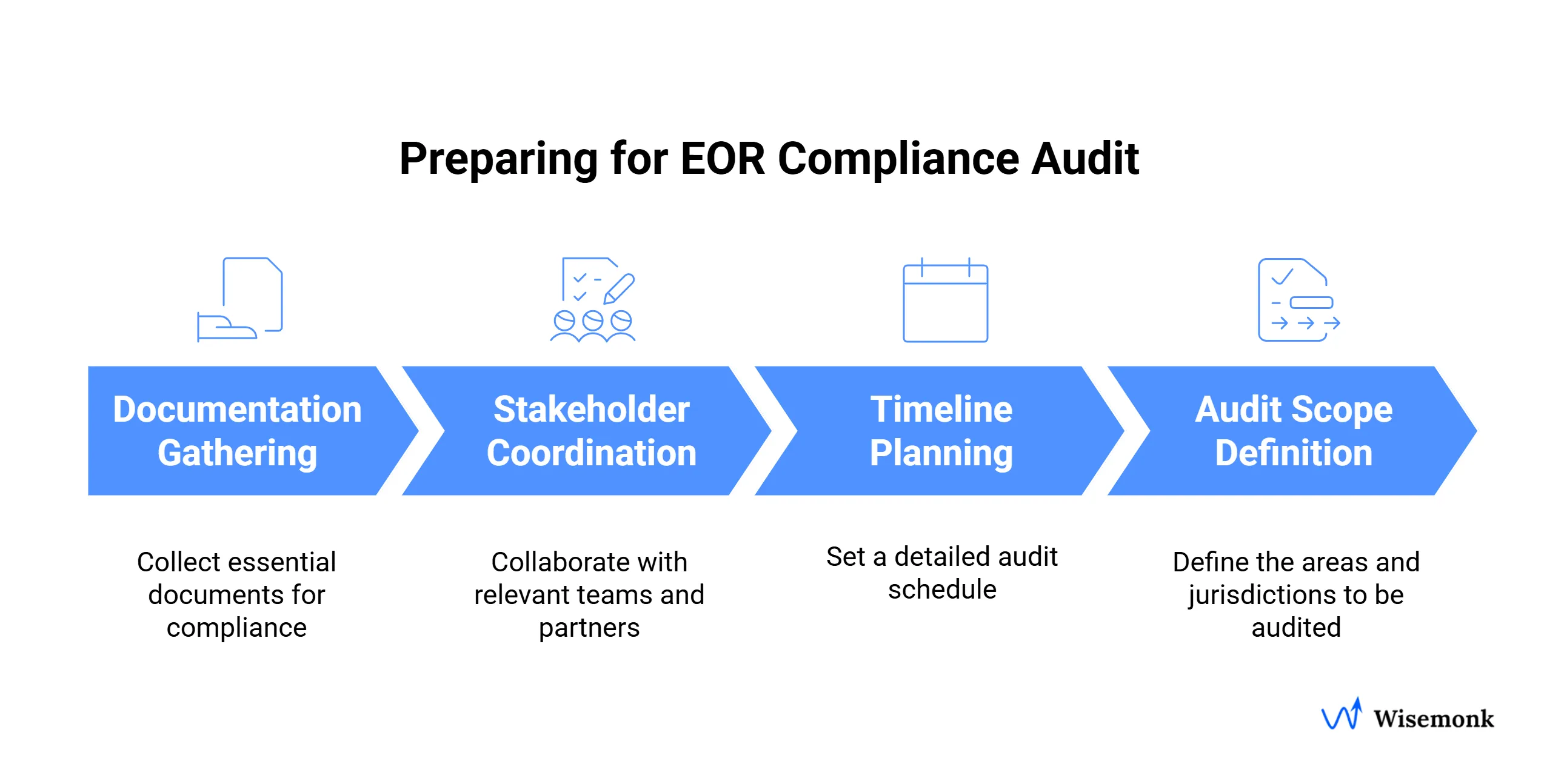
- Documentation Gathering: Collect all essential documents such as employment contracts, payroll records, tax filings, benefits administration forms, and any statutory contributions paperwork. Organized and complete documentation demonstrates your commitment to legal compliance and smoothens audit flow.
- Stakeholder Coordination: Collaborate closely with your HR team, legal experts, finance department, and your EOR partner. Clear communication ensures everyone knows their responsibilities, from payroll tax management to employment contract compliance with local labor laws.
- Timeline Planning: Set a detailed audit schedule outlining key milestones. This prevents last-minute rushes while keeping the review focused and on track, which is vital for managing compliance across different countries.
- Audit Scope Definition: Clearly define which jurisdictions, business units, and compliance areas the audit will cover. This targeted approach lets you address specific risks related to global employment, tax obligations, data protection laws, and local regulations in your international markets.
In our experience, thorough preparation, focused on documentation, stakeholder alignment, timeline clarity, and scope precision, reduces legal risks and non-compliance exposures. It also supports maintaining fair treatment and payroll accuracy for international employees while meeting evolving employment law standards. This proactive groundwork ensures your EOR compliance audit meets high global compliance standards with confidence.
What are the key steps in an employment contract review?[toc=Employment Contract Review]
Reviewing employment contracts is a crucial step to ensure your EOR compliance checklist covers all legal bases. Here’s how to approach it with ease and accuracy:
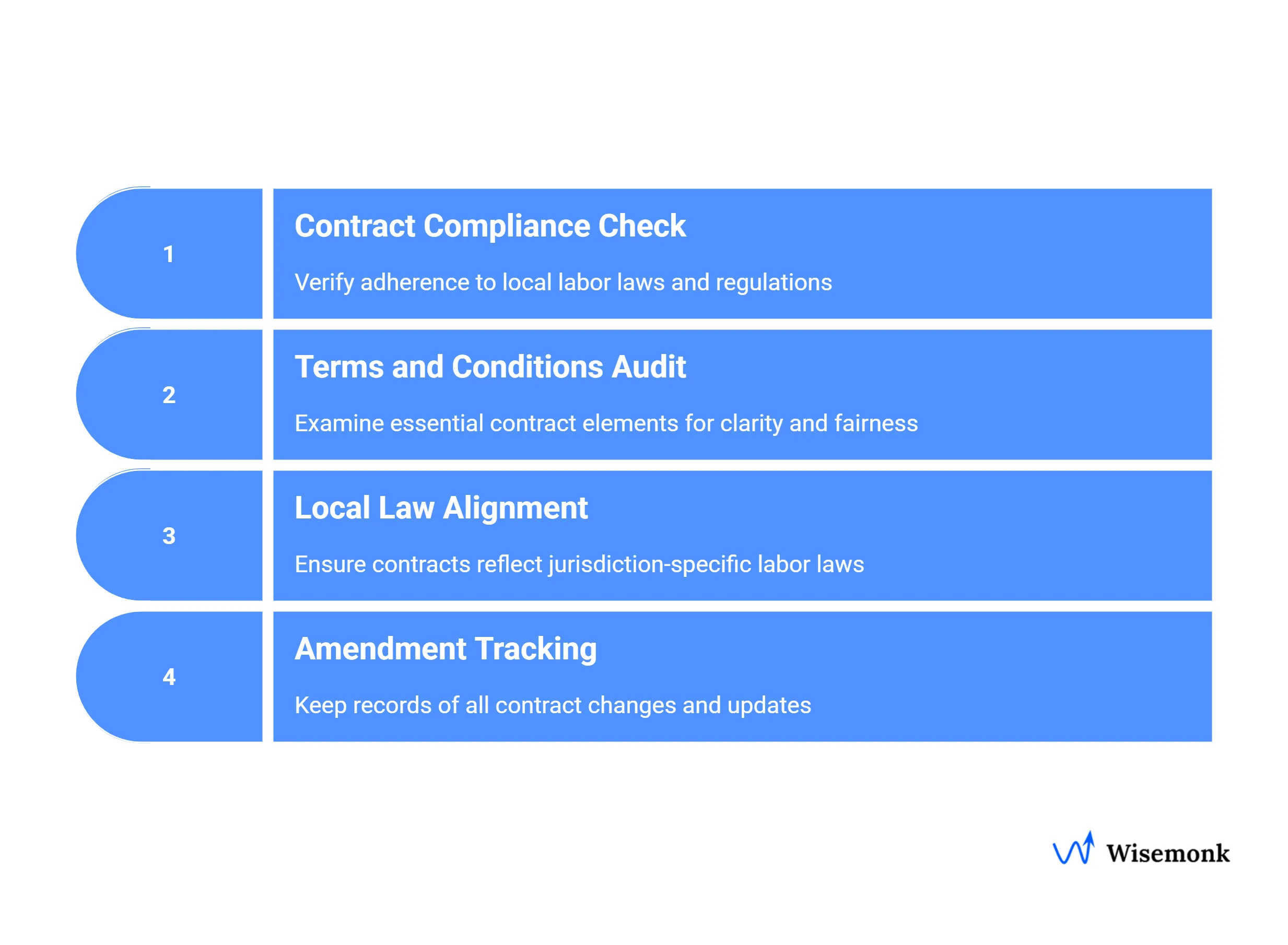
- Contract Compliance Check: Verify the contract adheres to local labor laws, tax obligations, and applicable employment regulations. Ensure terms don’t conflict with local employment law requirements.
- Terms and Conditions Audit: Examine essential elements like job title, working hours, compensation structure, probation period, termination clauses including notice periods, and any amendments. Clear and fair terms help prevent disputes and manage legal risks.
- Local Law Alignment: Check that contracts reflect jurisdiction-specific labor laws, including statutory benefits, social security, health insurance mandates, and data protection requirements. This alignment helps you maintain compliance internationally.
- Amendment Tracking: Keep records of all contract changes and updates to reflect evolving legal frameworks or business needs. Documenting amendments is key to managing ongoing compliance and audit readiness.
In our experience, thoroughly reviewing each contract clause while keeping these key compliance points in mind significantly reduces legal risks and supports fair treatment of international employees. This practice ensures your business operates within the complex landscape of global employment law and tax compliance.
A meticulous employment contract review is a foundational step to maintain full compliance and protect your company’s reputation in global markets.
What are the key points to check in payroll and tax compliance?[toc=Payroll & Tax Compliance]
Managing payroll and tax compliance is often one of the most complex parts of an EOR compliance audit. Here’s what you need to ensure for full compliance and smooth payroll processing:
- Payroll Accuracy Verification: Confirm that payroll calculations, including wages, overtime, and deductions, are accurate and comply with local labor laws. Inaccurate payroll can lead to employee dissatisfaction and legal risks.
- Tax Withholding Review: Check that all applicable taxes such as income tax, social security contributions, and payroll tax, are correctly withheld and remitted on time. Missteps here can lead to severe penalties or audits.
- Benefits Compliance Check: Ensure statutory benefits like health insurance, pension contributions, and social security are provided according to local employment laws. Also, verify that any voluntary benefits administered align with regulations.
- Statutory Contributions Audit: Review that employer and employee contributions to mandatory schemes (e.g., provident fund, pension, insurance) are properly calculated, deducted, and submitted to authorities timely manner.
Thorough verification of payroll accuracy, tax withholding, and statutory benefits greatly reduces non-compliance risks and legal exposure. Maintaining robust systems for payroll processing and tax filings helps businesses stay fully compliant with international employment law and tax obligations. This careful approach protects your company’s reputation while ensuring fair treatment and proper benefits administration for your global workforce.
What are the essentials of documentation and record-keeping in an EOR compliance audit?[toc=Documentation and Record-Keeping]
Efficient documentation and record-keeping play a vital role in ensuring full compliance during an EOR compliance audit. Here’s what you need to focus on to stay aligned with local labor laws, tax regulations, and data protection requirements:
- Required Documentation Check: Gather all necessary records, including employment contracts, payroll files, tax filings, benefits administration documents, statutory contributions, audit trails, and incident reports. Complete documentation is fundamental for audit readiness and demonstrating legal compliance.
- Retention Period Compliance: Understand and adhere to the legally mandated retention periods for employment and business documents, which generally range from six to ten years depending on jurisdiction and document type. This compliance prevents penalties and supports transparent record management.
- Access and Security Review: Ensure that sensitive employee data and documents are stored securely with proper access controls. This safeguards against unauthorized access and aligns with data protection laws such as GDPR or local data privacy regulations.
- Data Protection Compliance: Maintain robust data handling policies that comply with applicable data privacy regulations, including obtaining consent for data processing, limiting data collection and retention, and implementing measures for data accuracy and breach notification.
Meticulous attention to documentation and record-keeping not only facilitates smoother audits but also reduces legal risks and strengthens your company’s reputation as a compliant and trustworthy employer across global markets. Staying organized and compliant in this area is a cornerstone of effective international employment audit management.
What are the key steps for corrective action planning in an EOR compliance audit[toc=Corrective Action Steps]
Corrective action planning is essential to address issues found in an EOR compliance audit and to prevent future non-compliance. Here’s a clear and focused approach to creating a strong corrective action plan:
- Issue Prioritization: Identify and rank audit findings based on their risk to your business operations, legal compliance, and reputation. Prioritizing helps focus resources on the most critical compliance gaps first.
- Remediation Strategies: Develop specific, measurable, and achievable corrective actions tailored to each issue. This may include policy updates, staff training, process improvements, or enhancing payroll tax management practices to align with local laws.
- Implementation Timelines: Assign clear deadlines and responsible parties for each corrective action. Timely execution ensures swift resolution and reduces exposure to legal risks or penalties.
- Monitoring Procedures: Establish ongoing review mechanisms to track progress and effectiveness of corrective actions. Regular follow-ups and audits help confirm issues are resolved and compliance is maintained continuously.
Based on our extensive experience guiding global companies through EOR compliance audits, a well-structured corrective action plan not only resolves current issues but also reinforces robust systems to minimize future legal risks. This proactive approach is vital for maintaining full compliance with labor laws, tax obligations, and data protection requirements in diverse jurisdictions.
A detailed corrective action plan is your roadmap to sustainable compliance and risk management in international employment audits.
How to schedule ongoing audits for EOR compliance?[toc=Scheduling Audits]
Keeping your EOR compliance checklist updated with ongoing audits is essential to maintain legal compliance and manage risks across global markets. Here's what an effective ongoing audit schedule looks like:
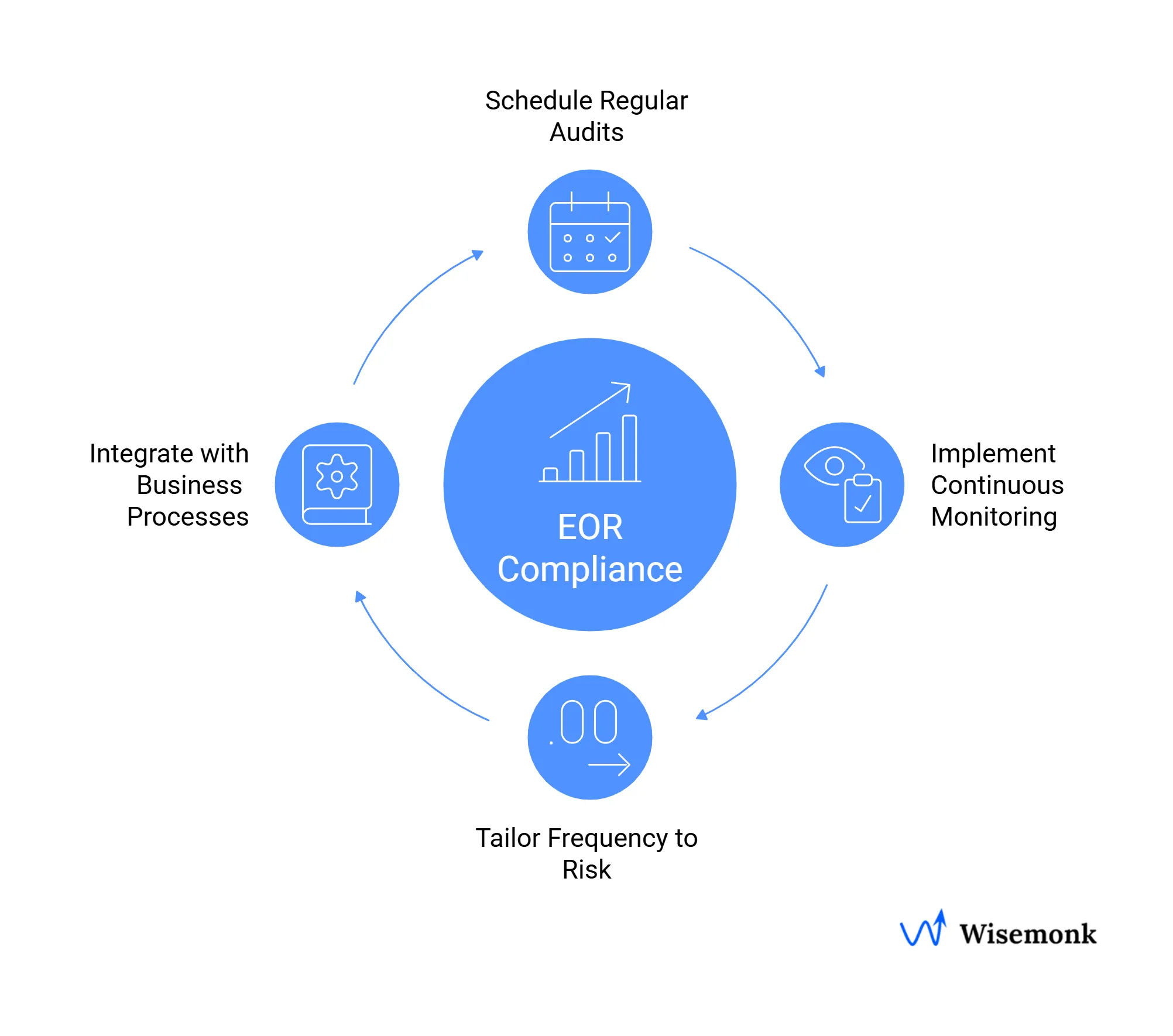
- Regular Review Cycles: Schedule periodic audits, commonly quarterly or annually, to reassess payroll tax compliance, employment contracts, benefits administration, and regulatory changes. These regular checks help catch issues early before they escalate into legal problems or fines.
- Continuous Monitoring: Implement real-time or frequent monitoring systems to ensure that compliance is maintained between formal audit cycles. This approach helps identify risks related to local labor laws, tax obligations, and data protection swiftly, enabling timely corrective actions.
- Risk-Based Frequency: Tailor the audit frequency based on risk profiles in different countries or business units. High-risk jurisdictions with complex local regulations or frequent law changes may require more frequent reviews to keep pace with evolving employer of record compliance demands.
- Integration with Business Processes: Align your audit schedule with management reviews and compliance workflows. This ensures audit findings inform ongoing improvements in payroll processing, contract management, and benefits administration while supporting your company’s reputation as a compliant international employer.
Based on extensive research and industry best practices, a disciplined ongoing audit schedule combining regular reviews and continuous monitoring is key to managing compliance audits effectively. This proactive approach helps your business stay ahead of changing legal requirements, maintain full compliance with local employment laws, and confidently expand into new global markets.
Conclusion[toc=Conclusion]
A well-executed EOR compliance audit is one of the most effective ways to protect your business during global expansion. By systematically reviewing employment contracts, verifying payroll and tax compliance, maintaining proper documentation, and implementing corrective actions, you safeguard against non-compliance, avoid costly penalties, and ensure alignment with local labor laws, tax obligations, and data protection regulations across all countries you operate in.
Wisemonk is the leading global Employer of Record (EOR) service provider. We simplify compliance management for internationally expanding businesses. Our primary expertise includes:
- Comprehensive global EOR compliance audits for multiple jurisdictions
- Accurate payroll processing & tax filings in line with local laws
- Employment contract management that meets country-specific regulations
We also provide benefits administration, continuous compliance monitoring, and risk management solutions to help you stay ahead of evolving labor laws and regulatory requirements. With our proven track record and global compliance expertise, we enable companies to expand confidently while staying fully compliant in diverse markets.
For tailored guidance on international employment audits and trusted EOR support, contact Wisemonk today. With us as your partner, compliance becomes effortless, risks are minimized, and global growth becomes a reality.
Frequently asked questions
How often should we conduct EOR compliance audits?
It’s best to conduct EOR compliance audits at least annually, with more frequent checks, quarterly or biannually, recommended for high-risk regions or complex regulatory environments to ensure compliance with labor laws, tax obligations, and data protection.
What documents are required for an EOR compliance audit?
Key documents include employment contracts, payroll records, tax filings (such as TDS challans or Form 16), benefits administration paperwork, and statutory contribution records, all organized to meet local labor laws and tax regulations.
Who should be involved in the EOR audit process?
Essential participants include your HR team, legal and tax experts, finance department, and your EOR partner to cover all aspects of payroll tax compliance, employment law, and benefits administration.
What are the most common compliance issues found in EOR audits?
Common issues include incomplete or outdated employee records, misclassification of workers, payroll inaccuracies, non-compliance with labor laws on working hours and statutory benefits, and data protection violations.
How long does a typical EOR compliance audit take?
Audit duration varies but typically lasts from a few days to several weeks, depending on audit scope, jurisdiction complexity, and volume of documentation, with thorough preparation accelerating the process.
How to audit SOX compliance?
A SOX (Sarbanes-Oxley Act) compliance audit involves reviewing a company’s financial reporting processes and internal controls to ensure accuracy and prevent fraud. The process typically includes evaluating IT systems, testing access controls, checking financial documentation, and verifying that policies align with SOX requirements. External auditors often perform these audits to provide an independent assessment.
What is the ISO 14001 legal compliance audit?
An ISO 14001 legal compliance audit is a review process that checks whether an organization meets all applicable environmental laws, regulations, and obligations as part of its Environmental Management System (EMS). The audit assesses documentation, operational practices, and regulatory requirements to ensure the company is not only ISO 14001 certified but also legally compliant in its environmental responsibilities.
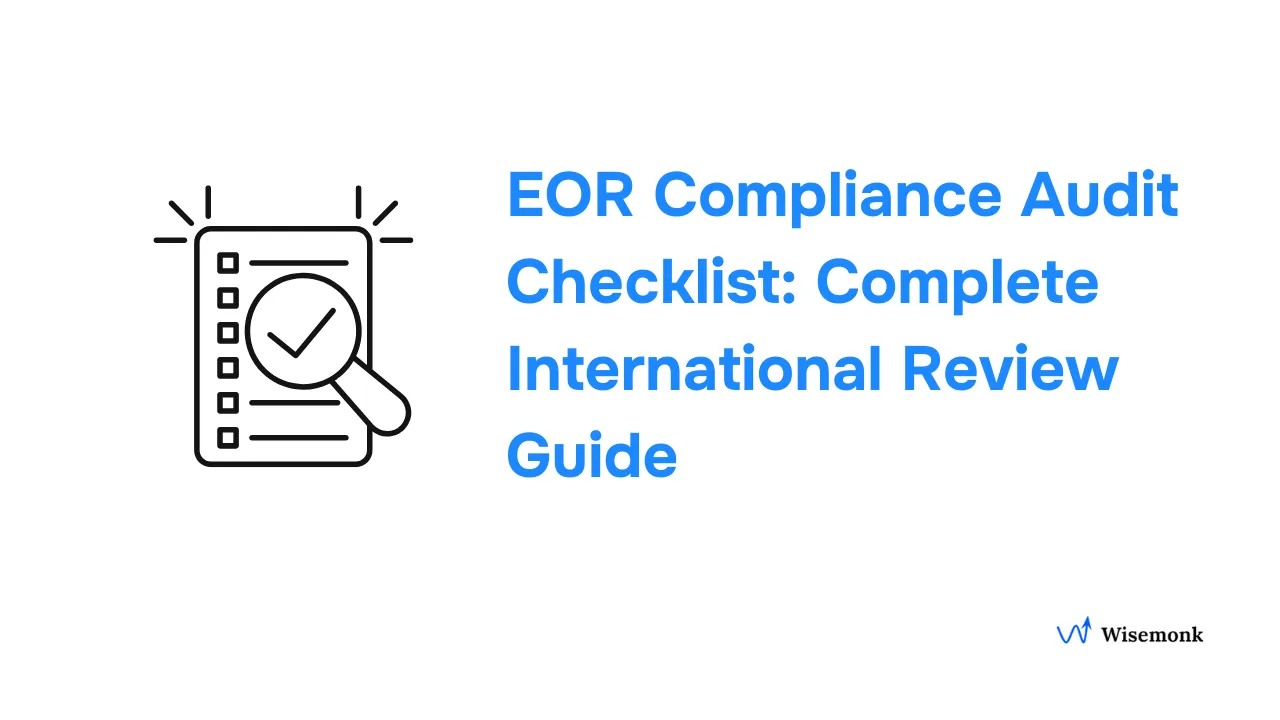



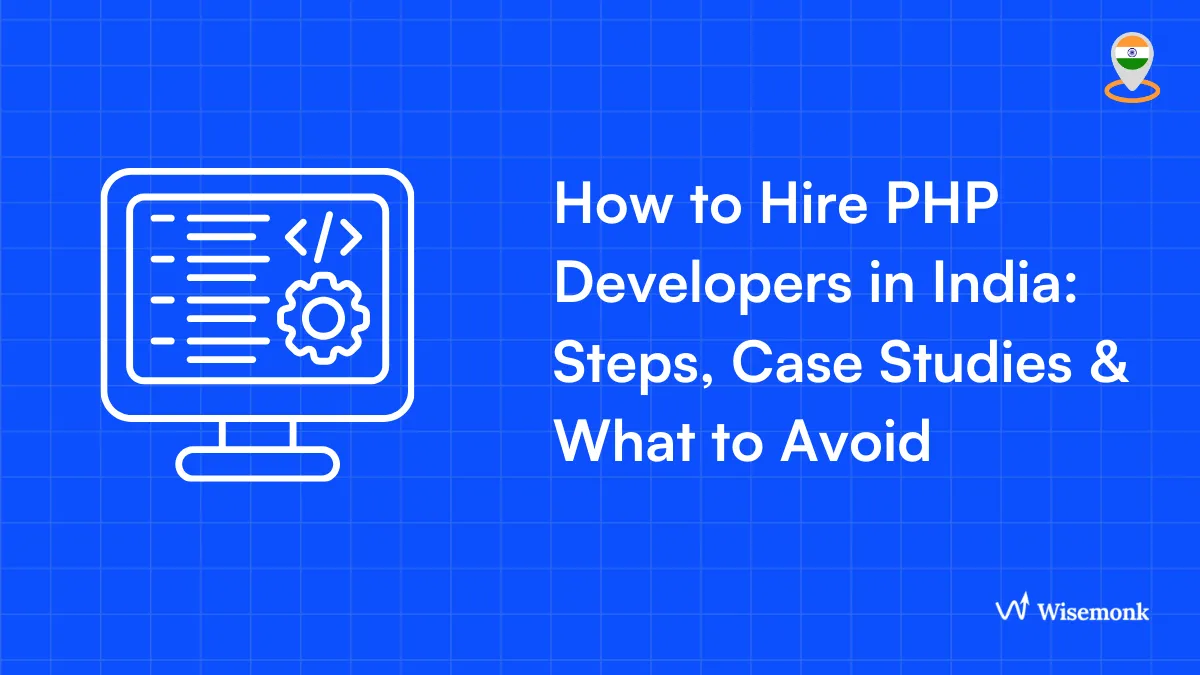
.webp)
.webp)

.webp)
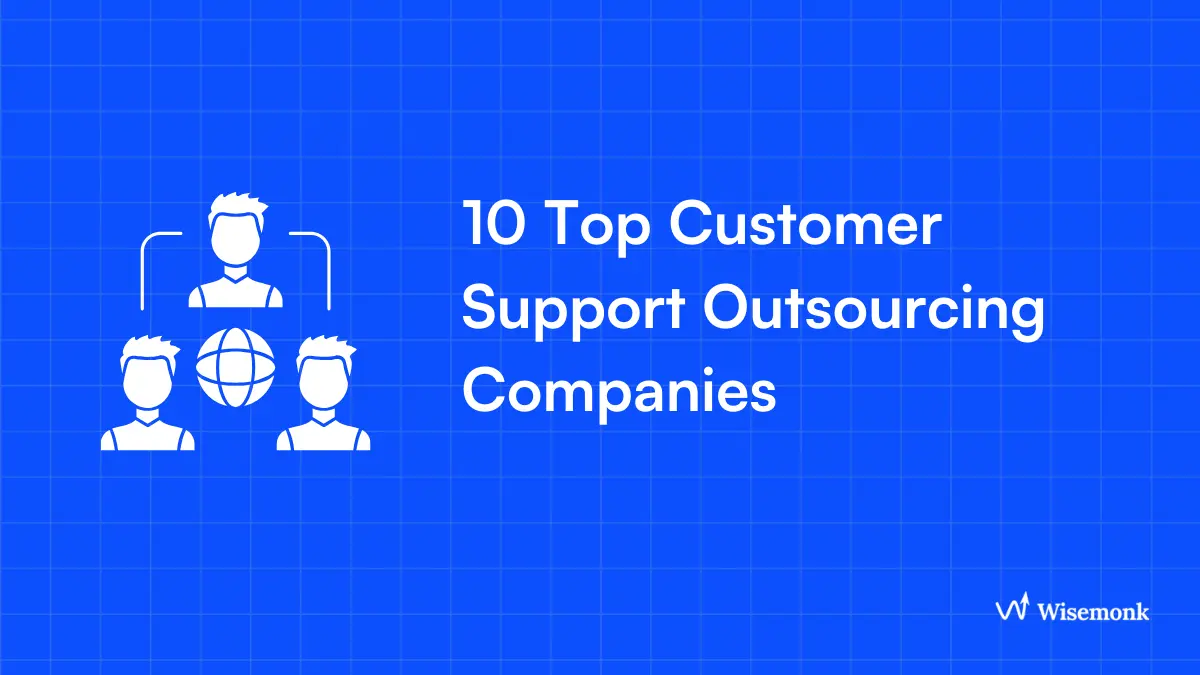
.webp)

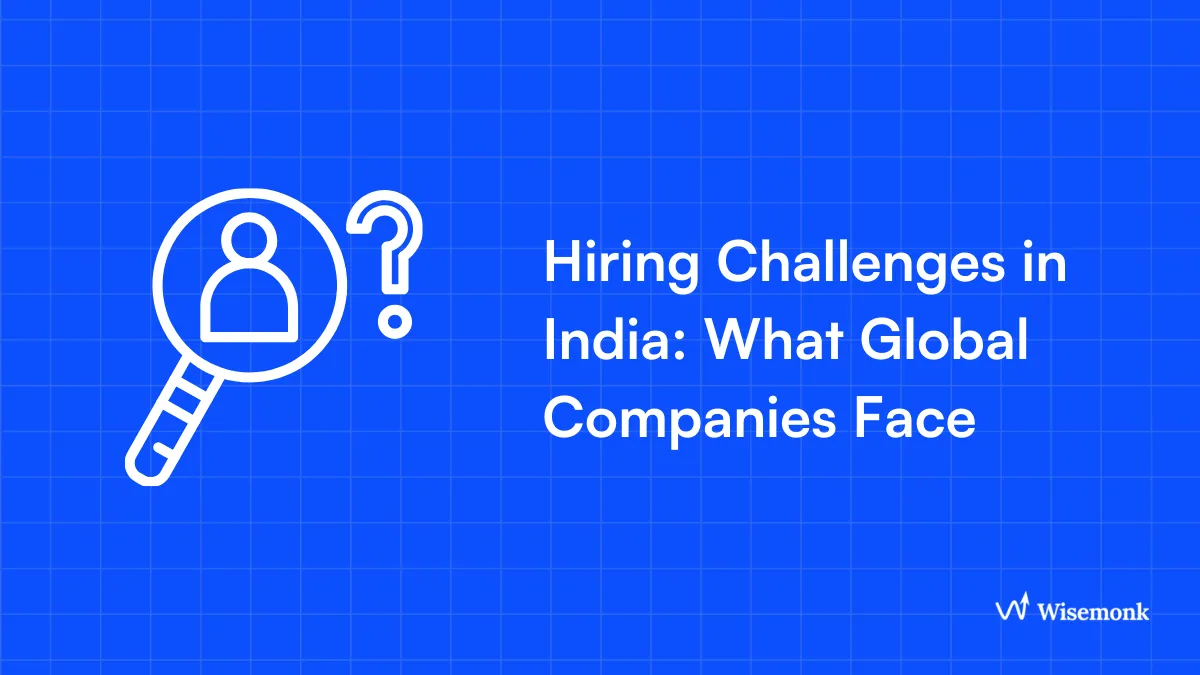

.webp)
.webp)

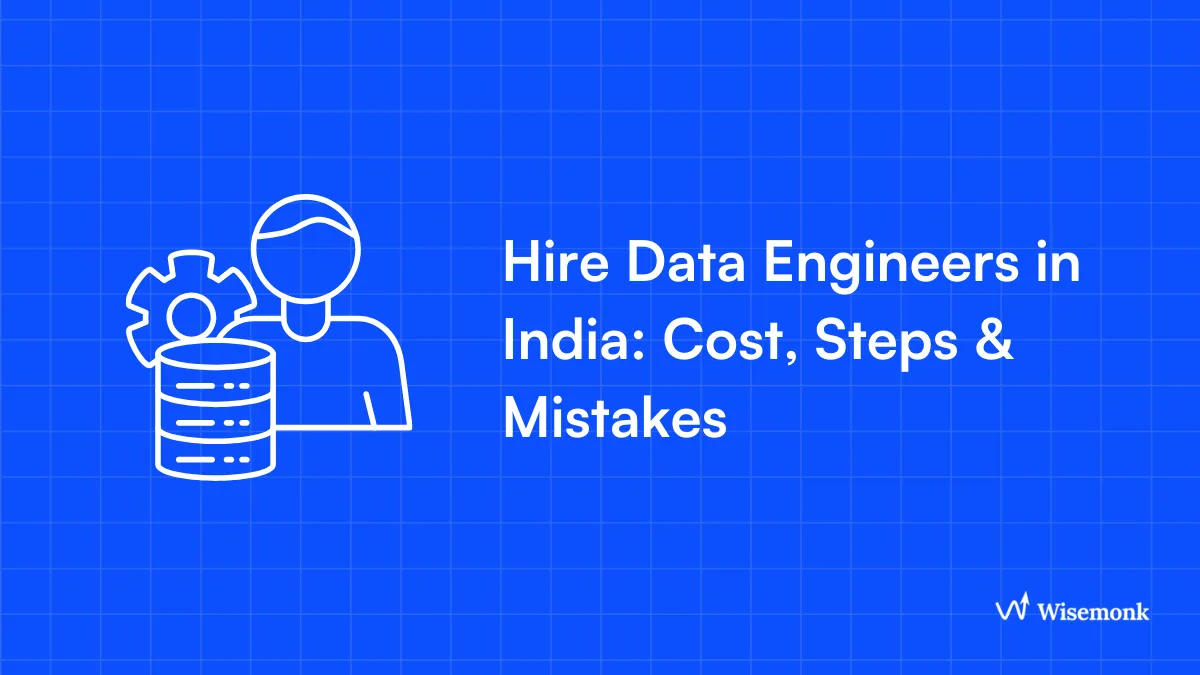
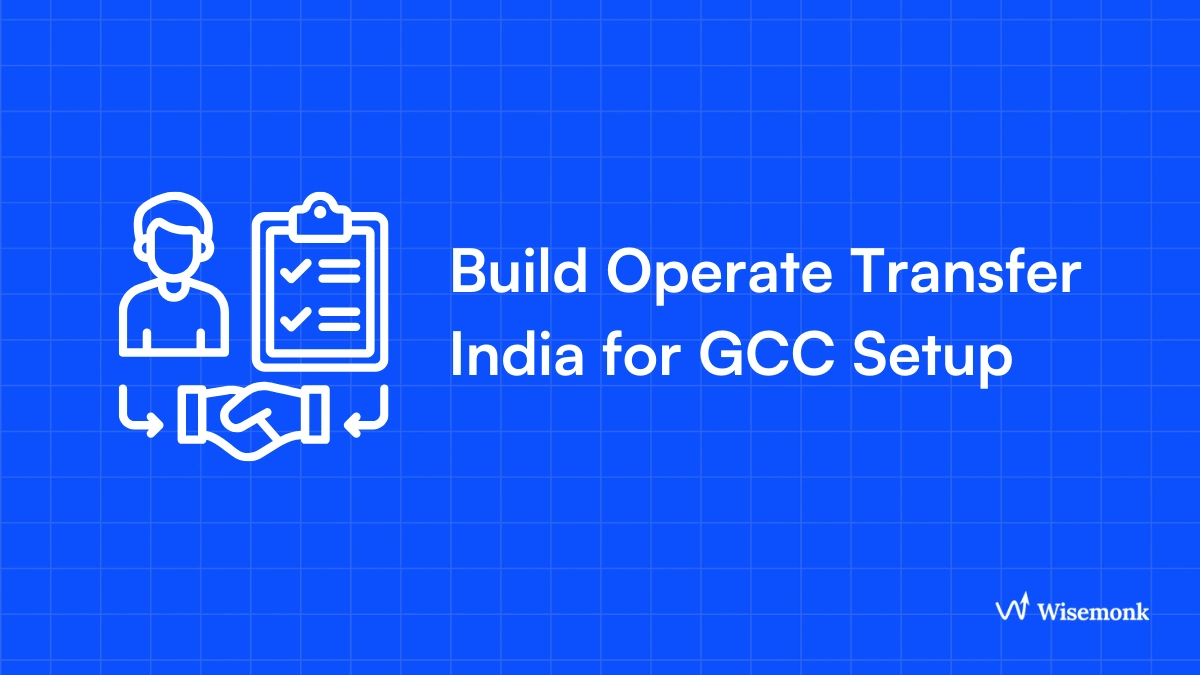
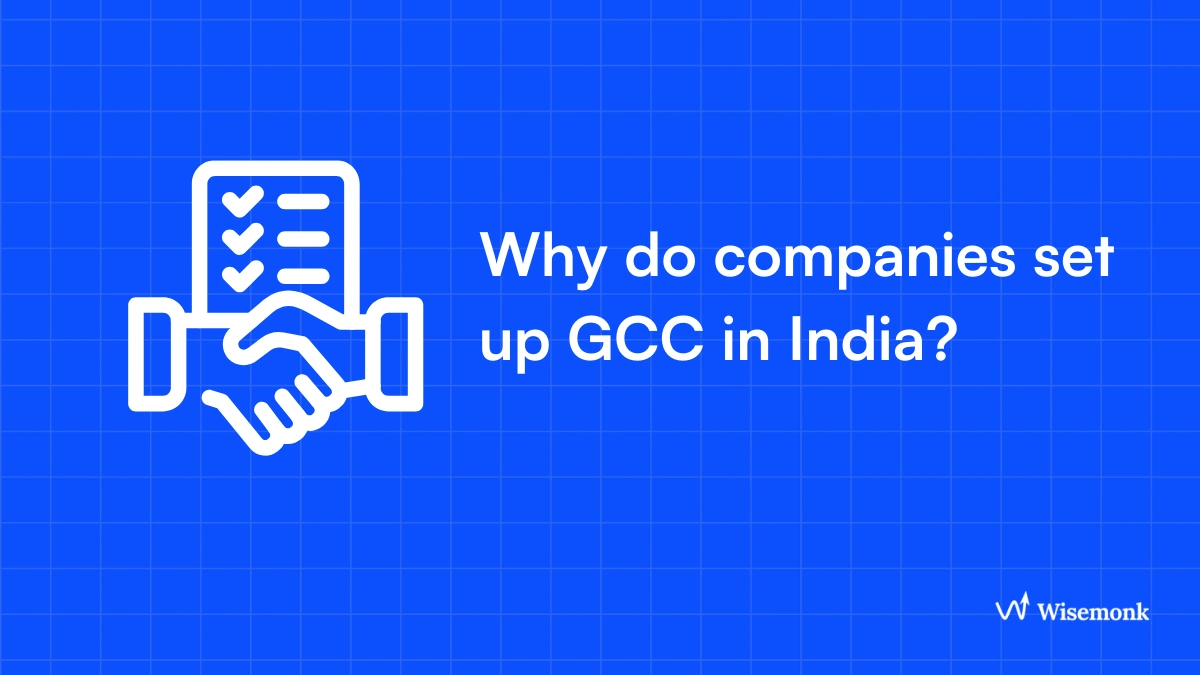

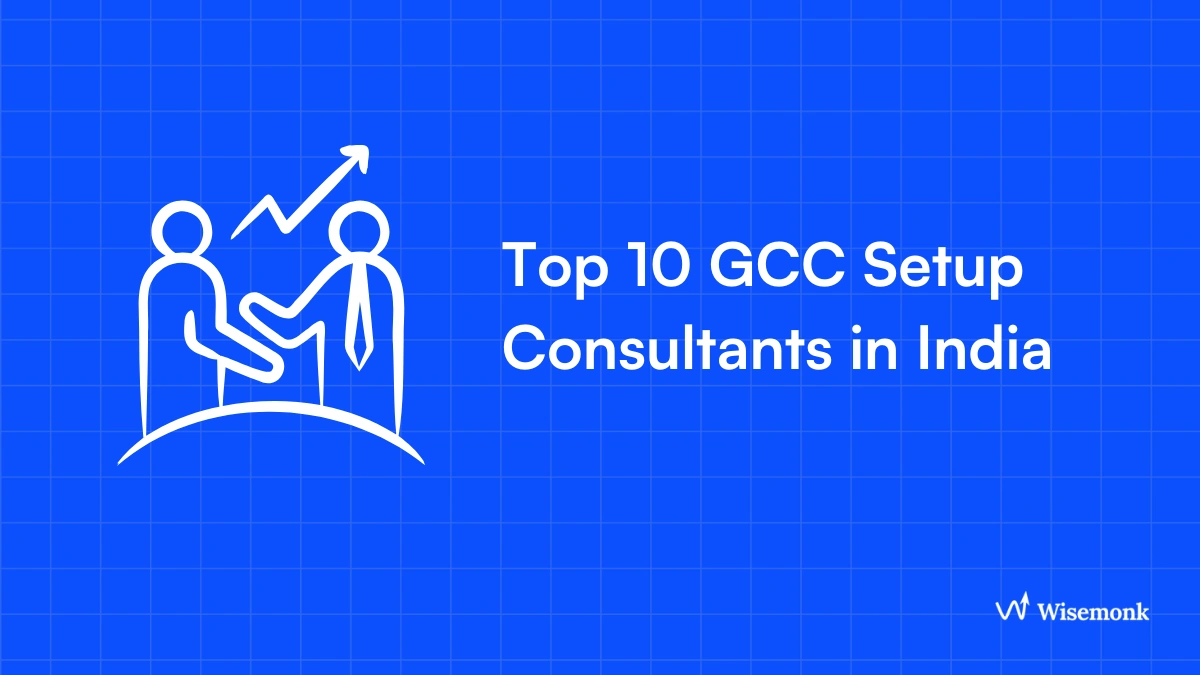
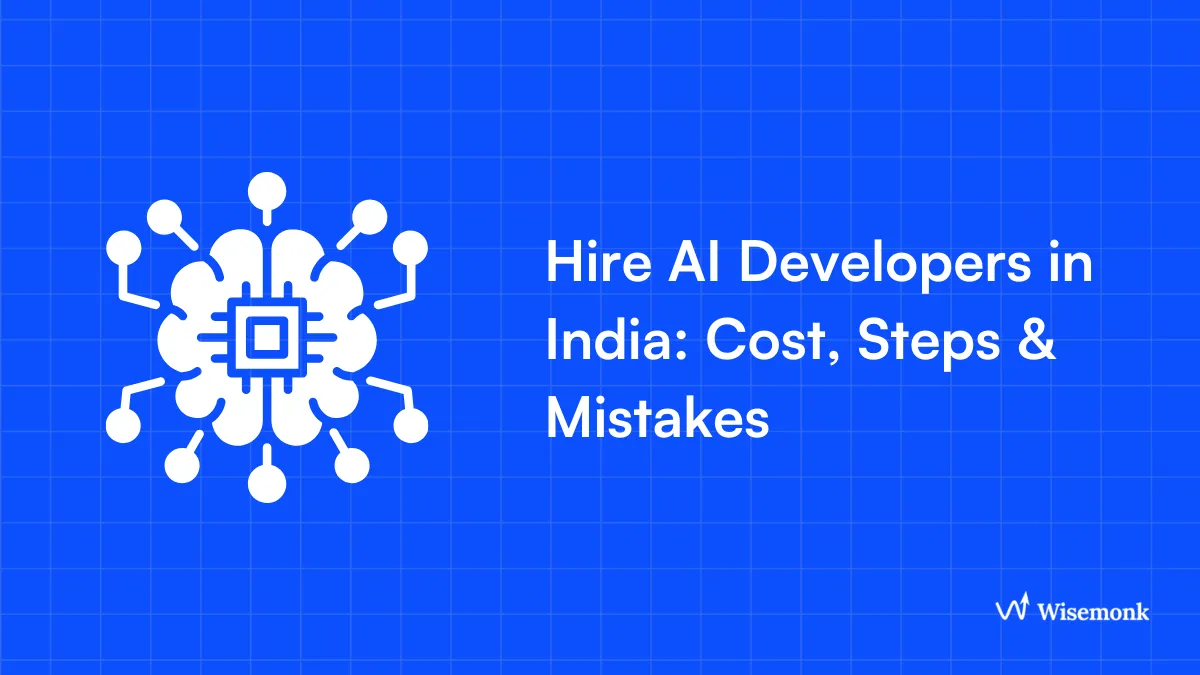
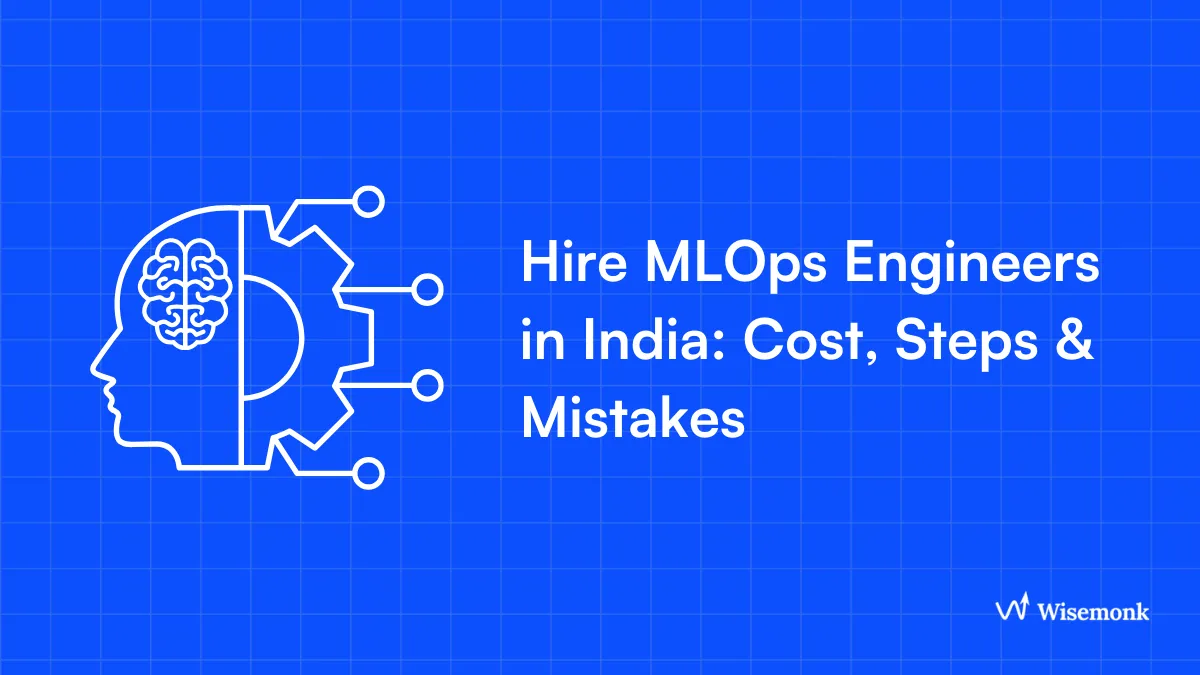
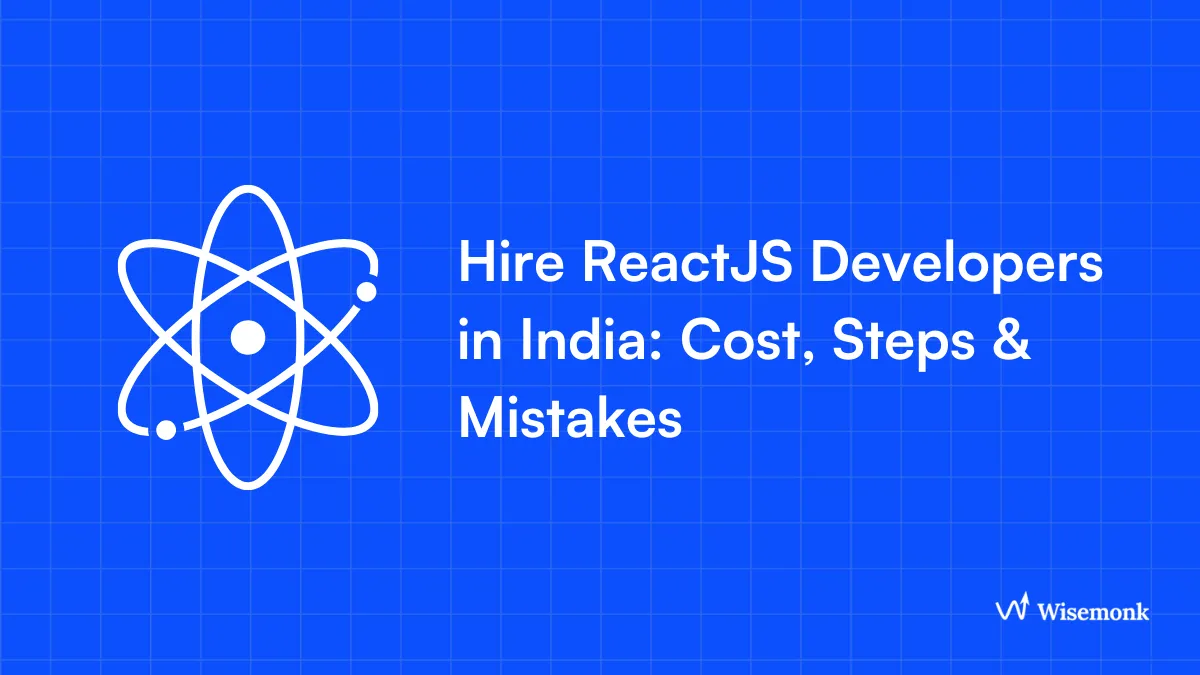
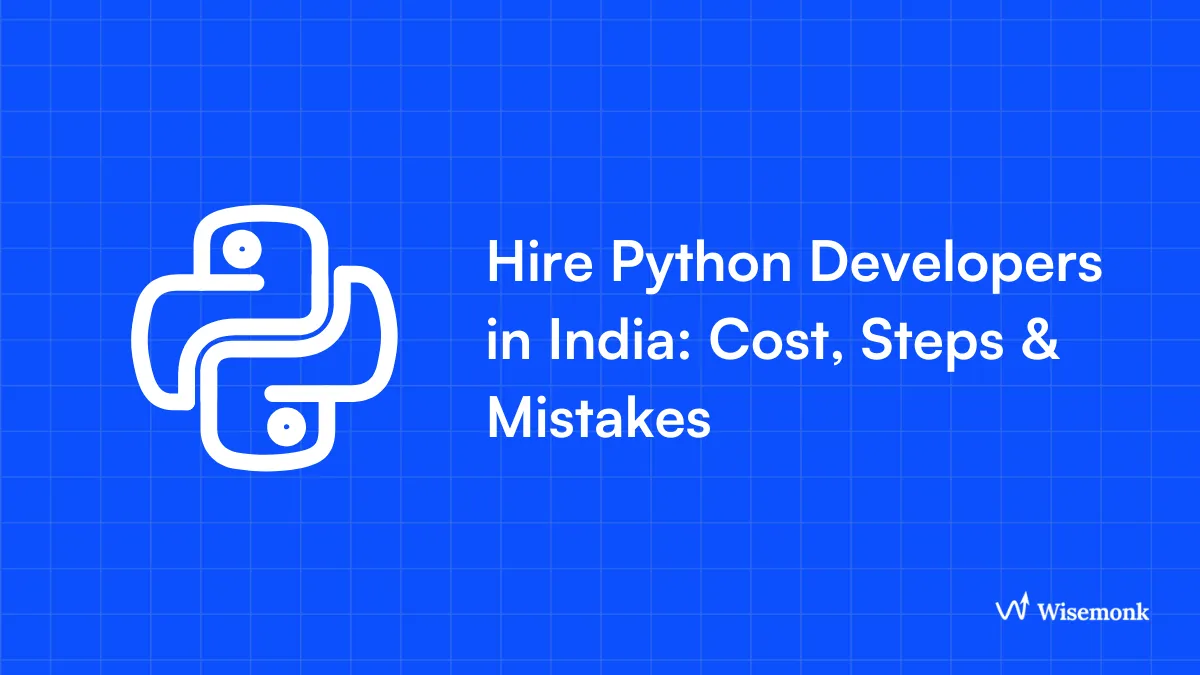


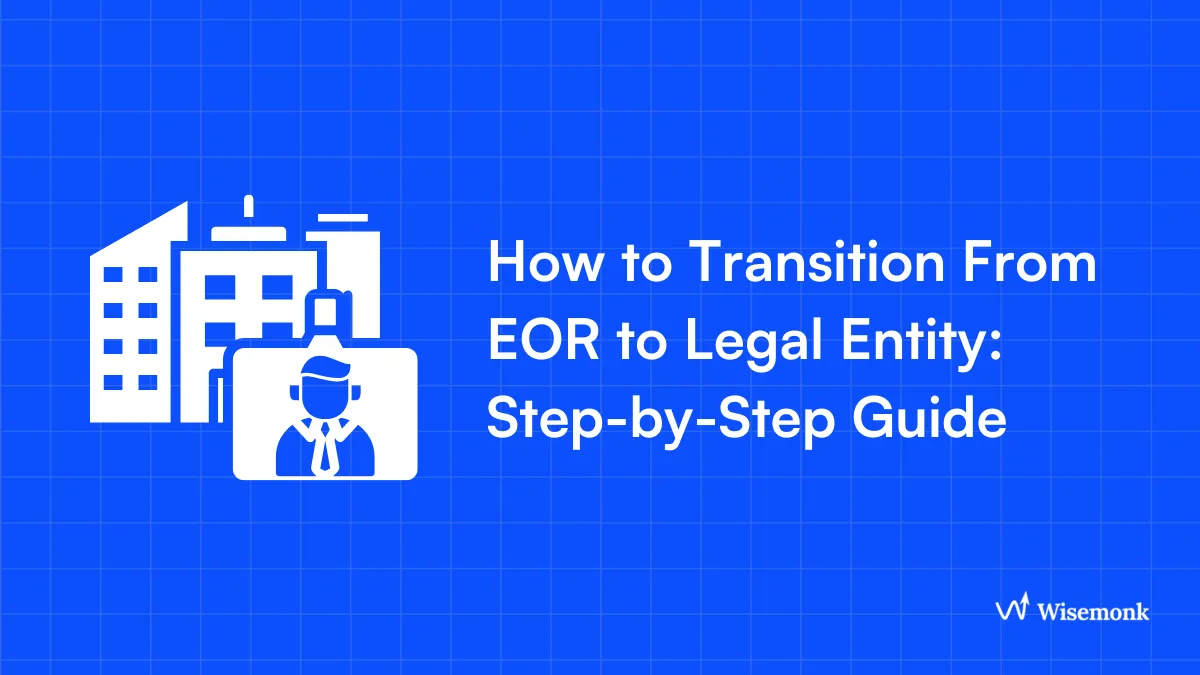

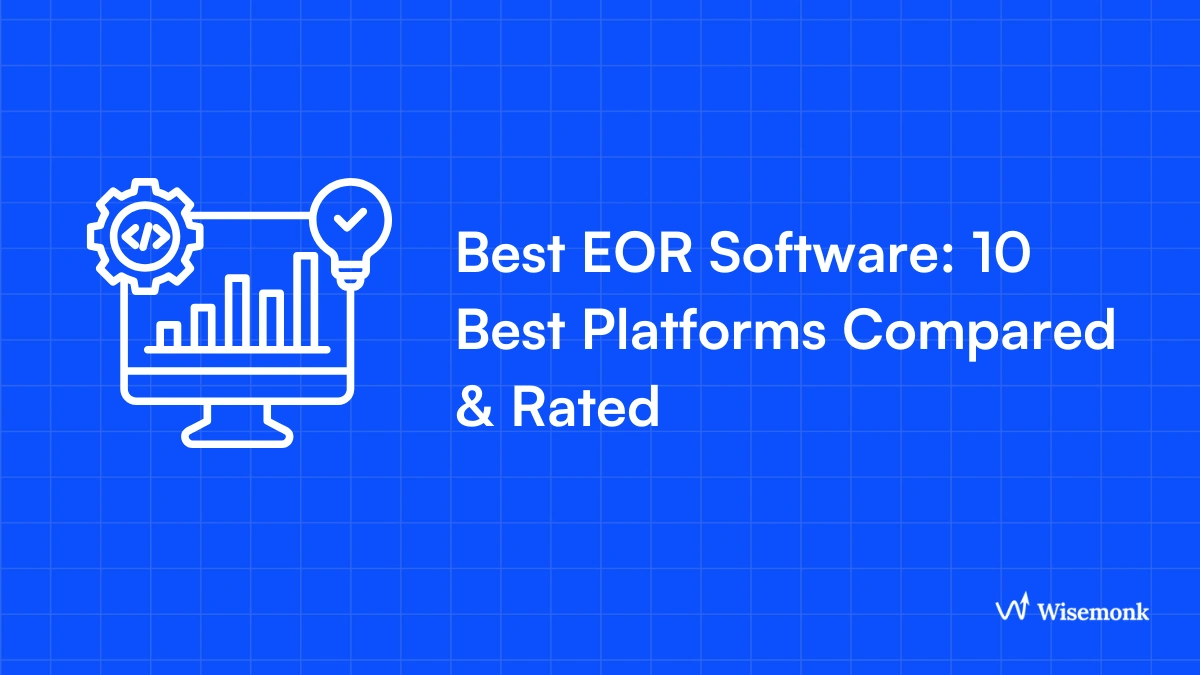
.webp)
.webp)
.webp)

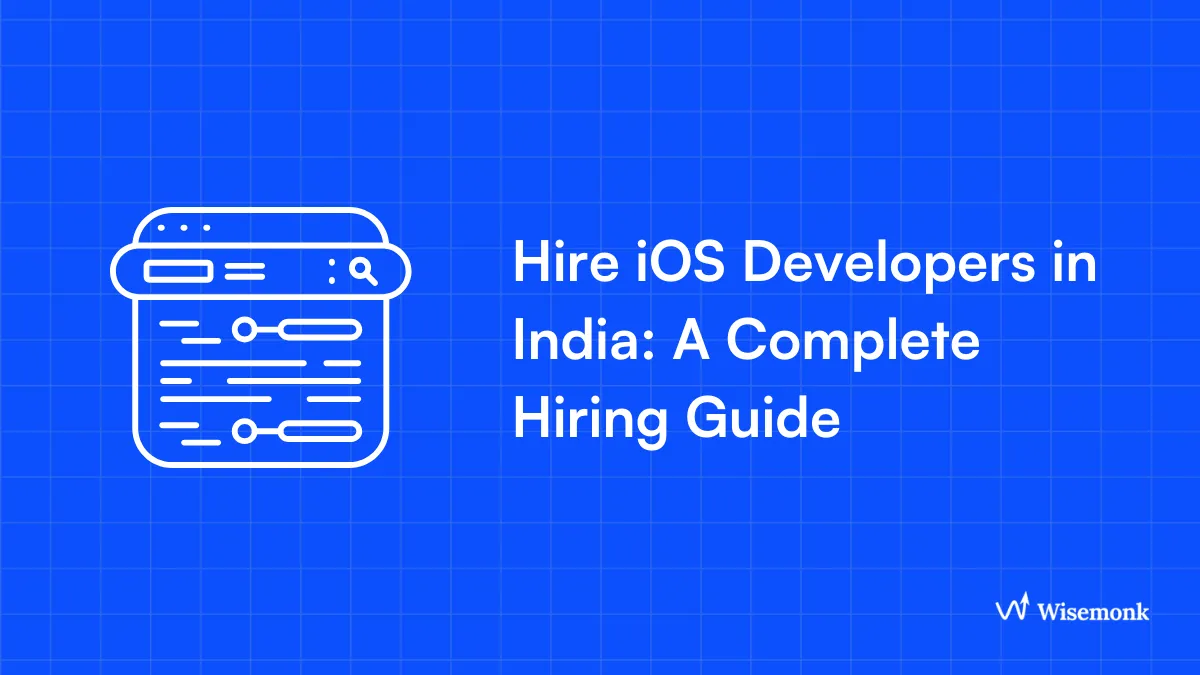


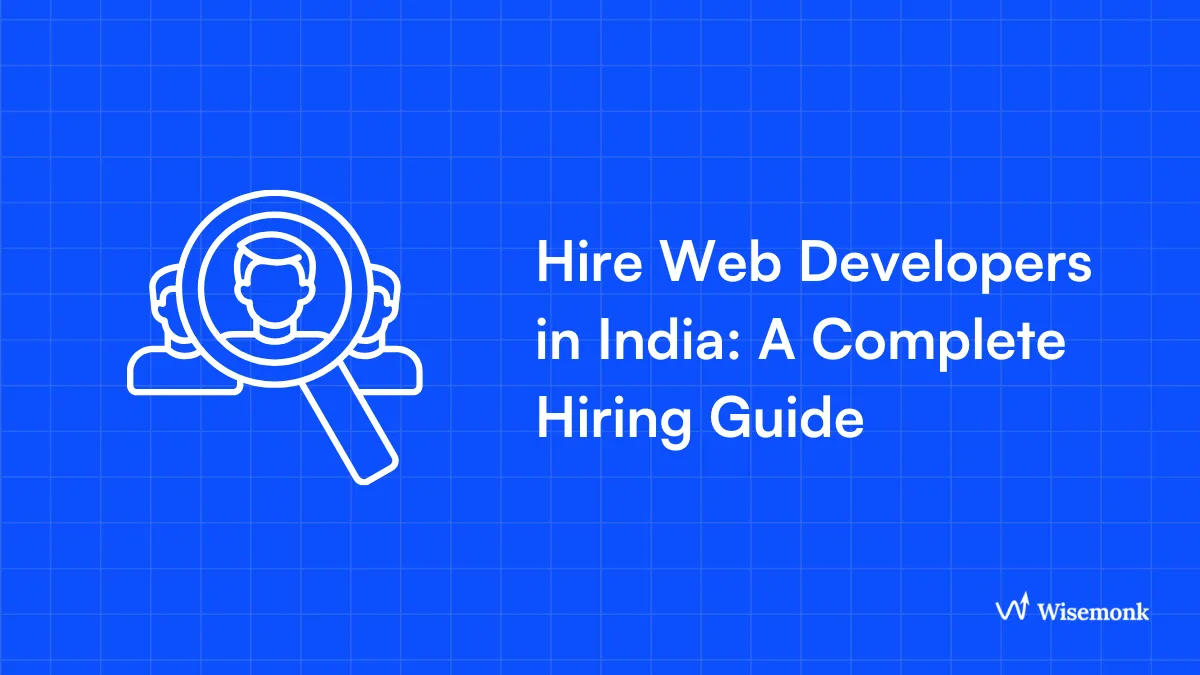
.webp)
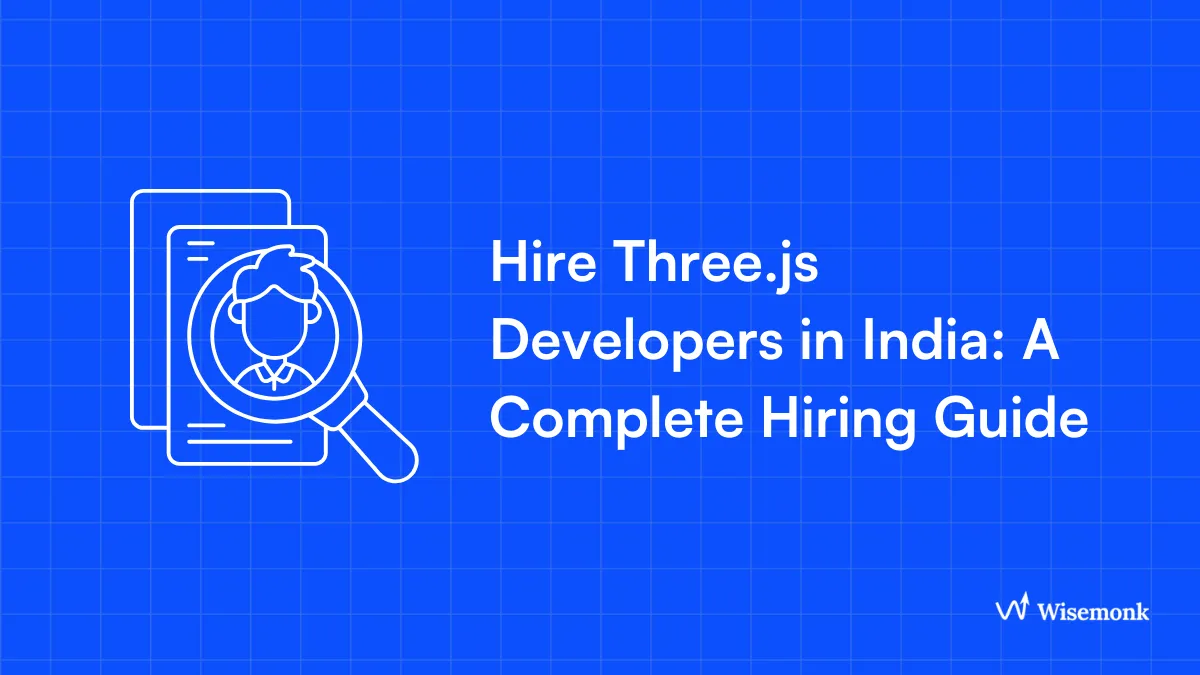
.webp)


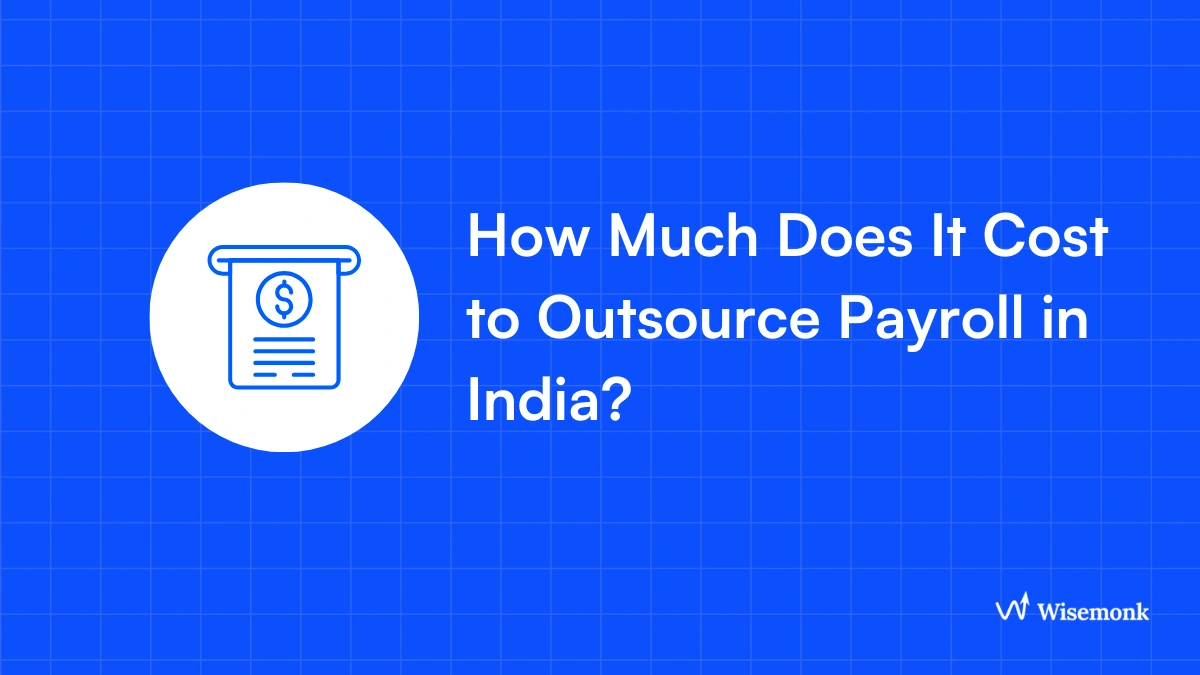
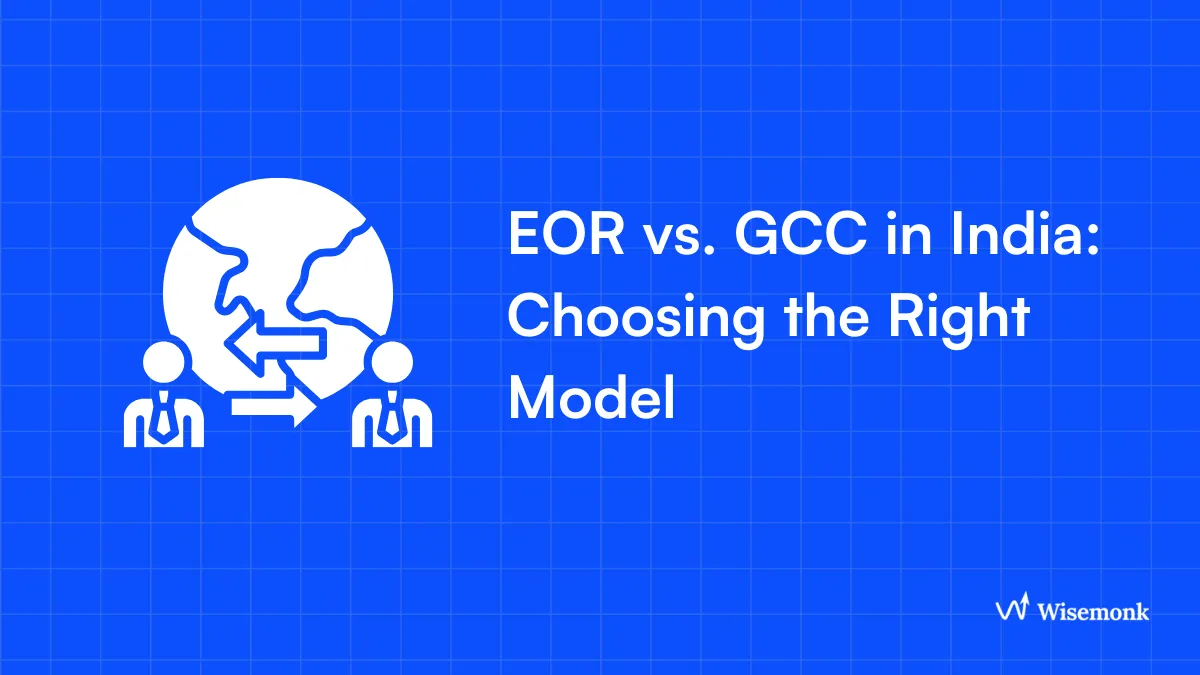

.webp)
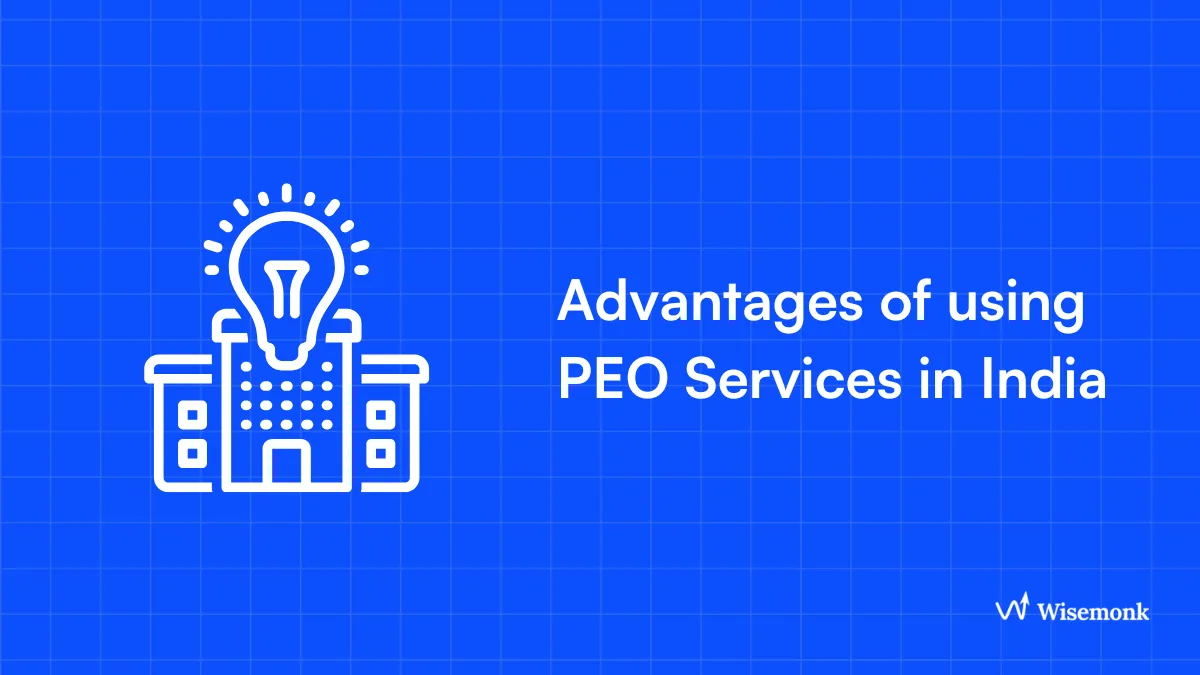




.webp)

%20in%20India.webp)
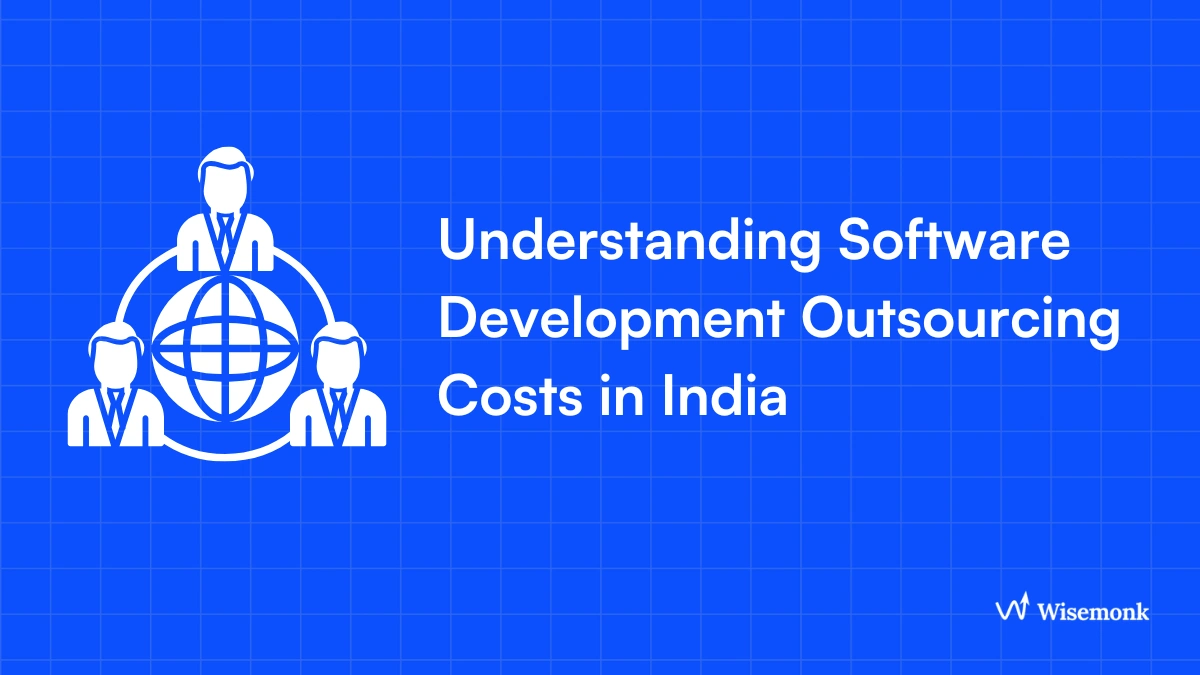

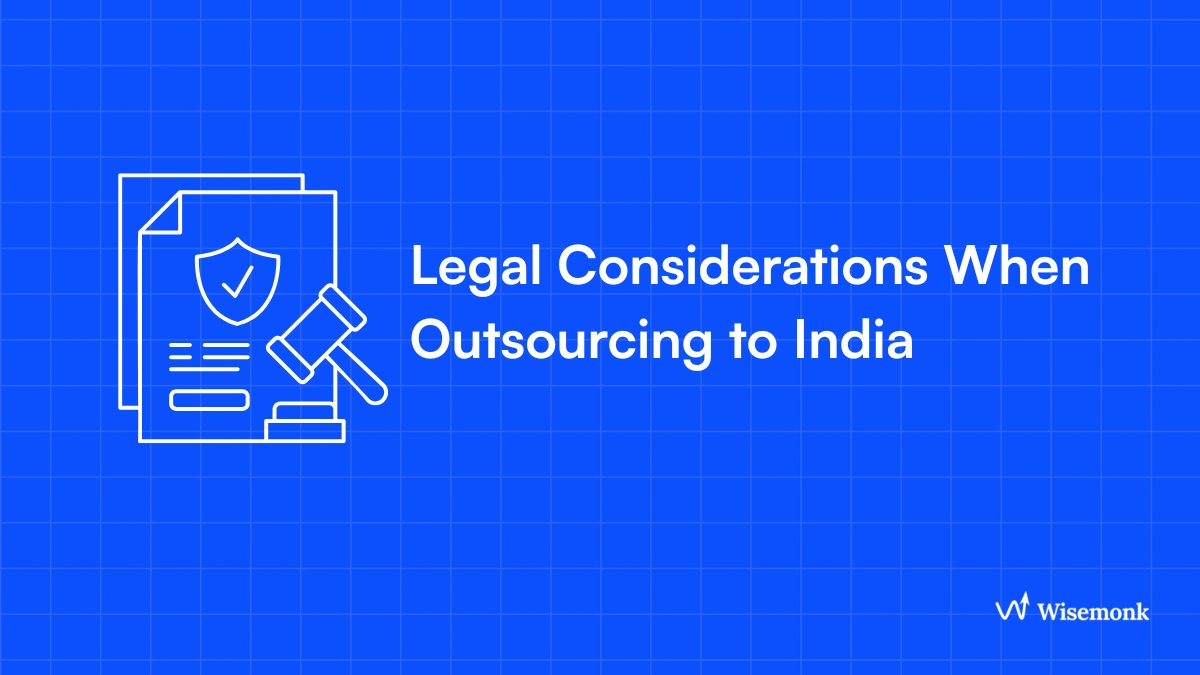
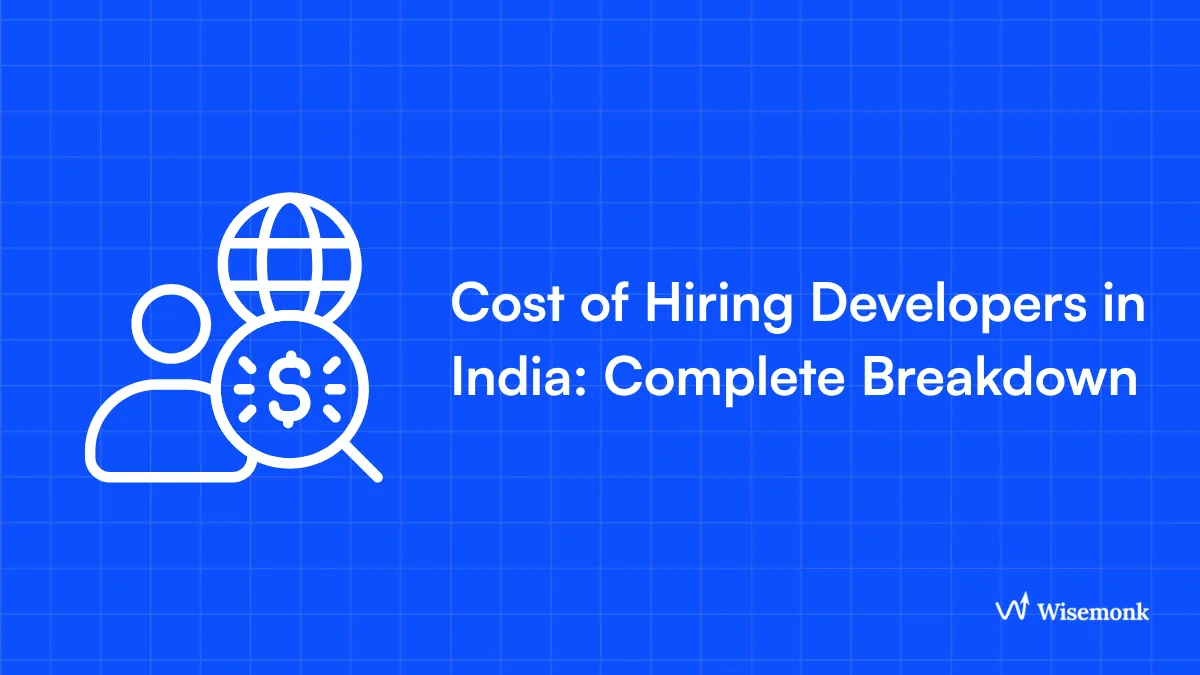

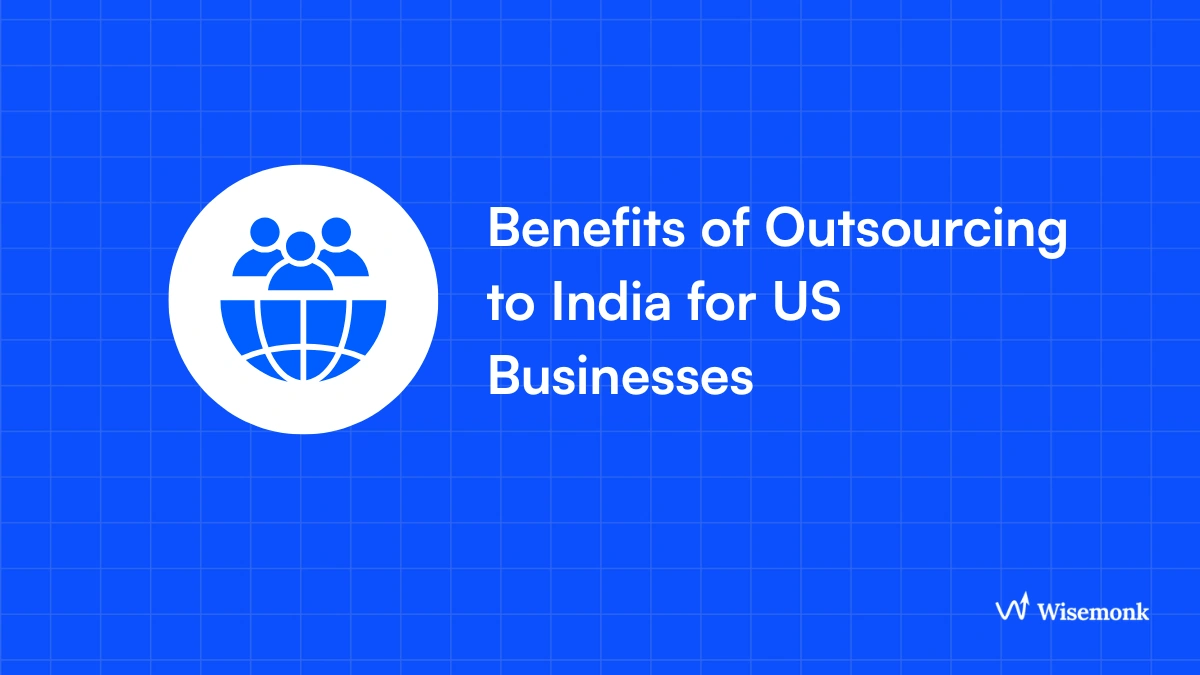

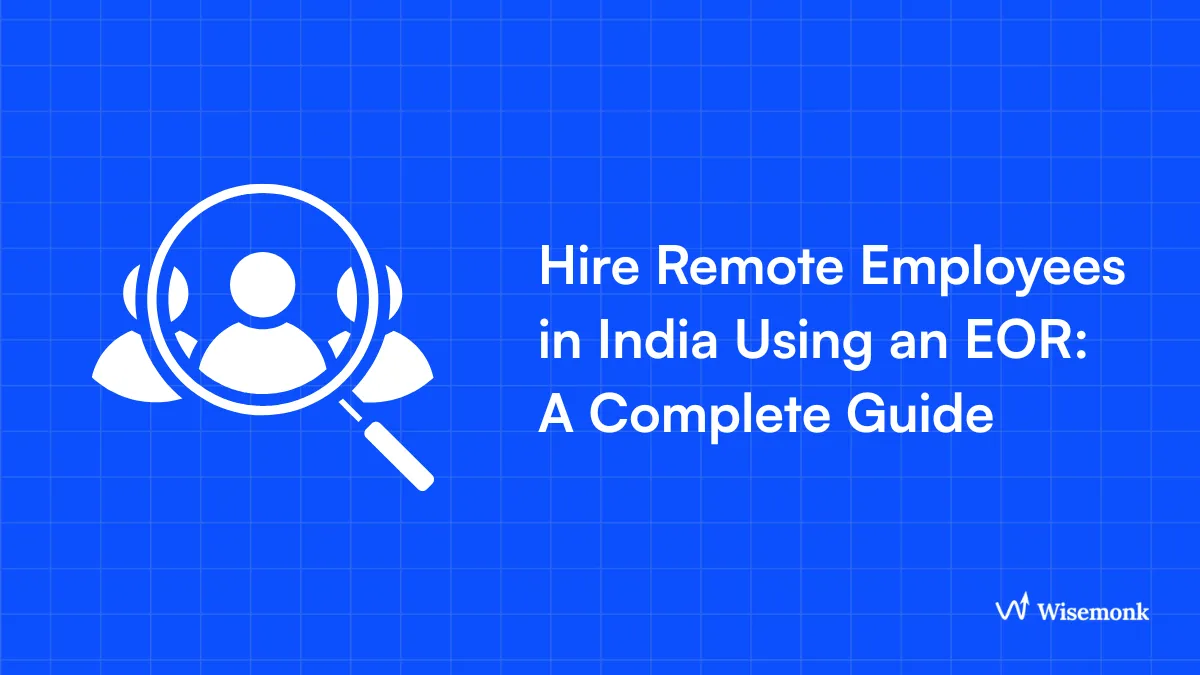


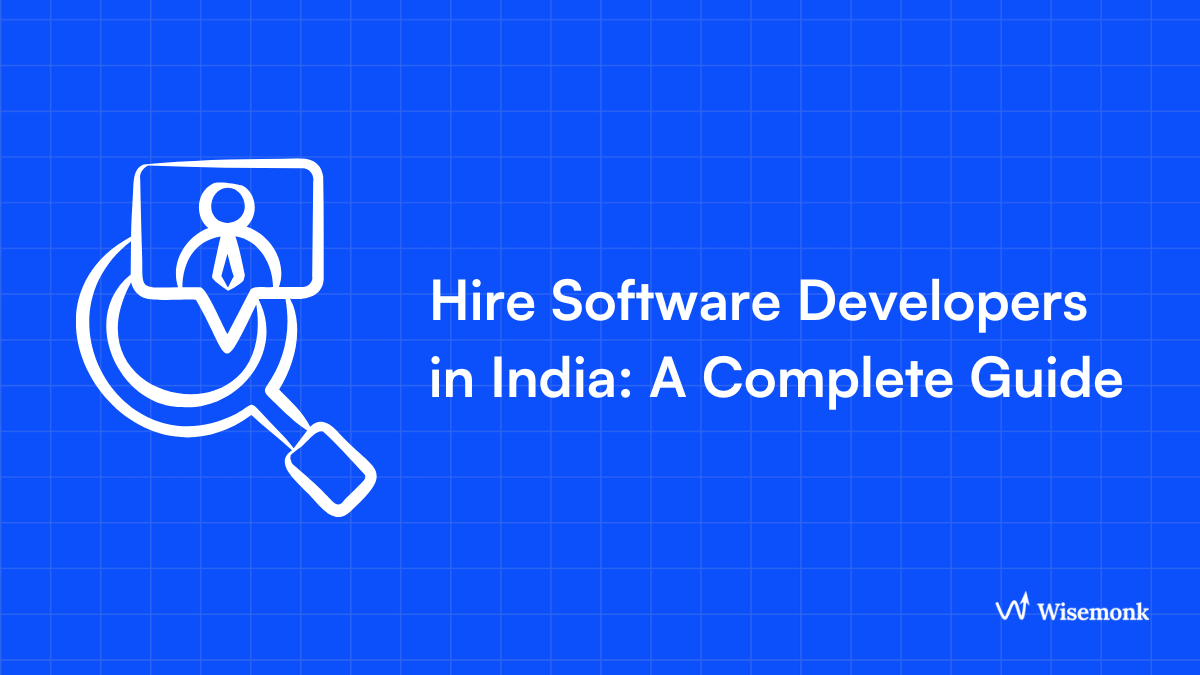
.webp)
.webp)
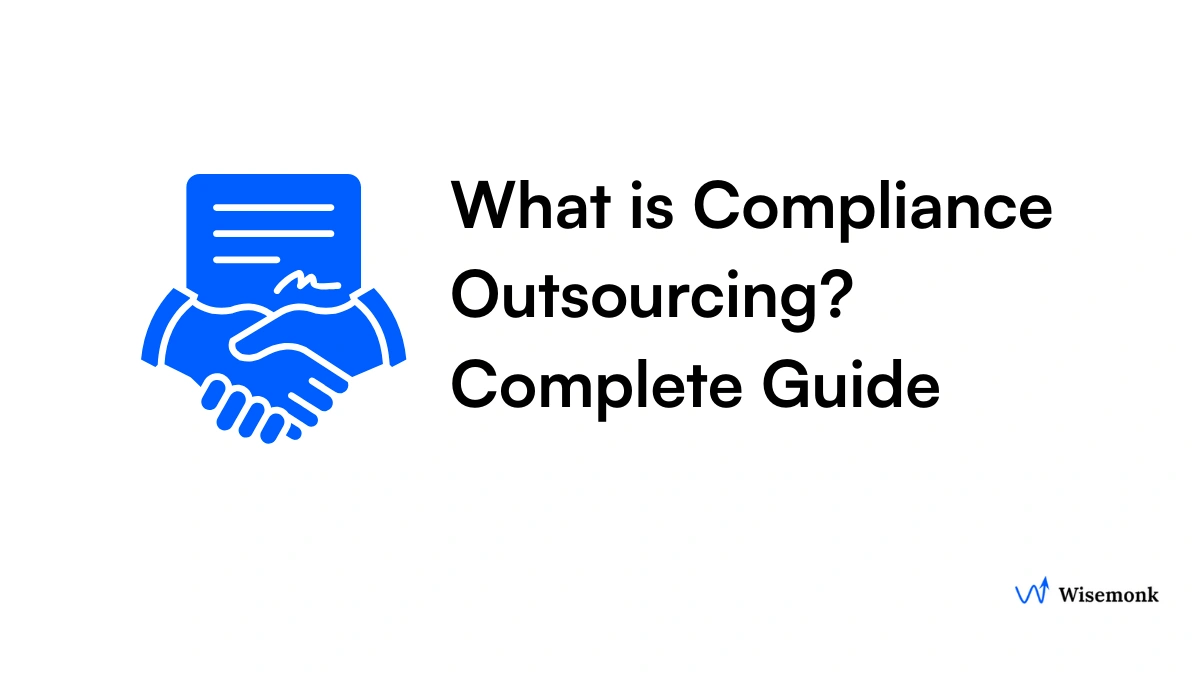

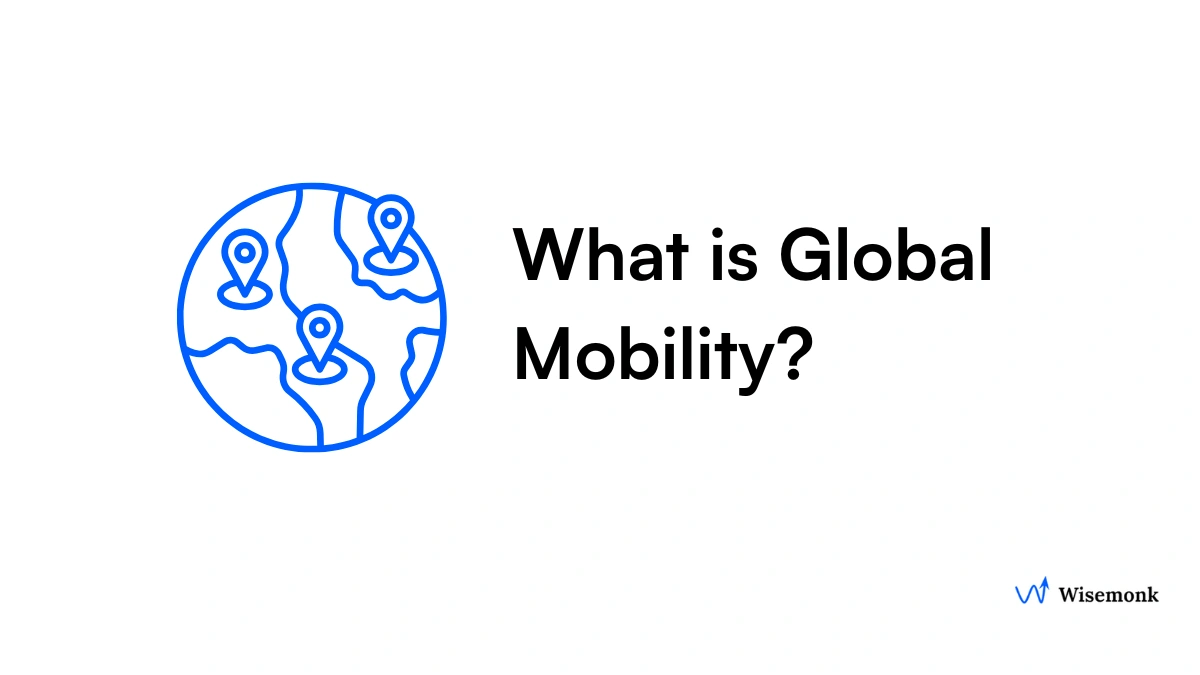
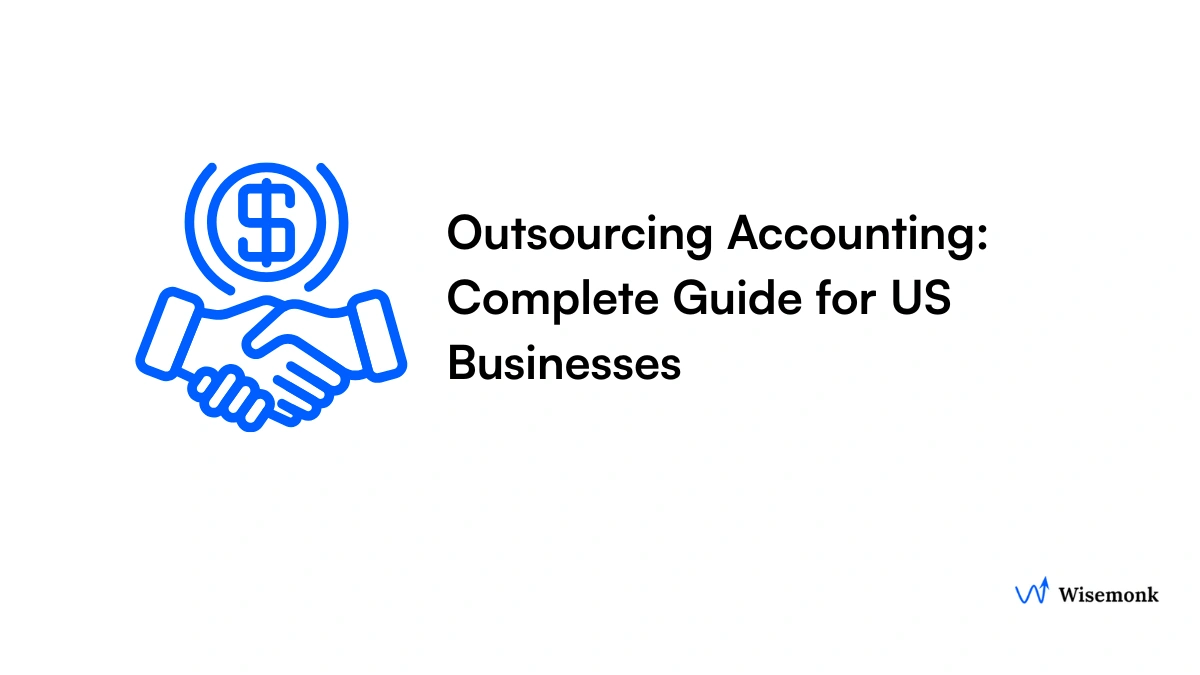
%20(3).webp)
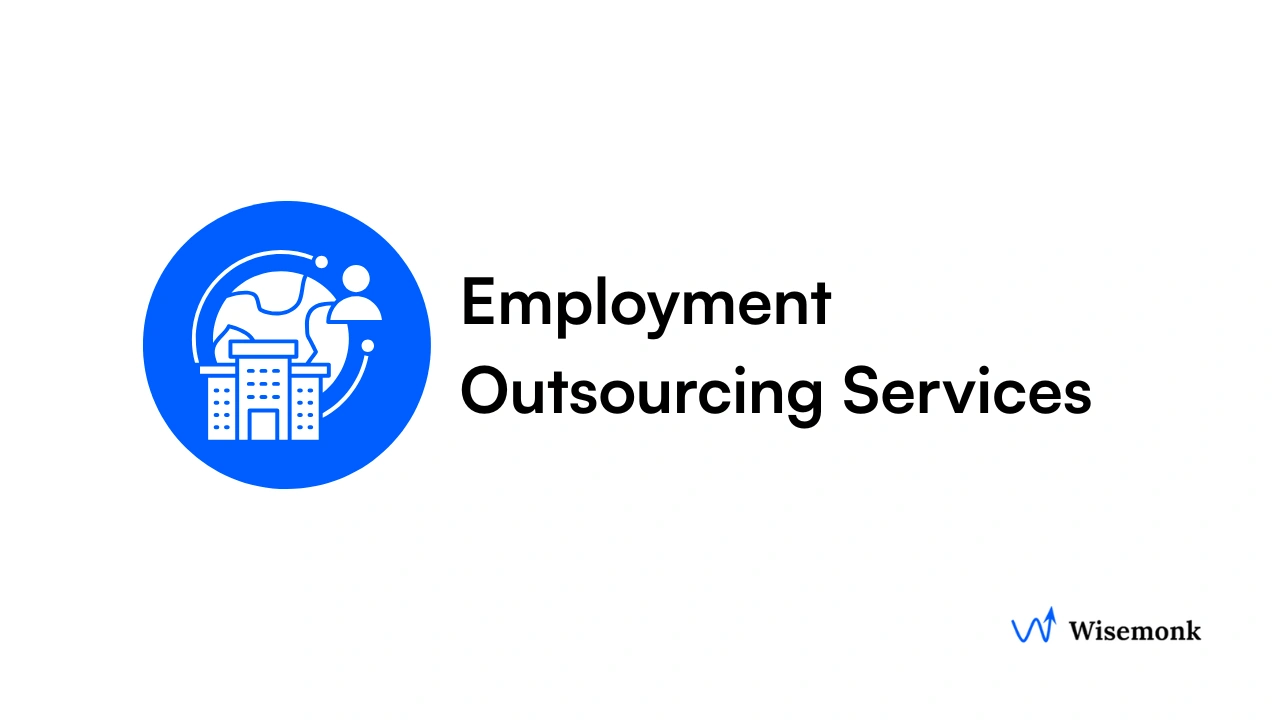
.webp)
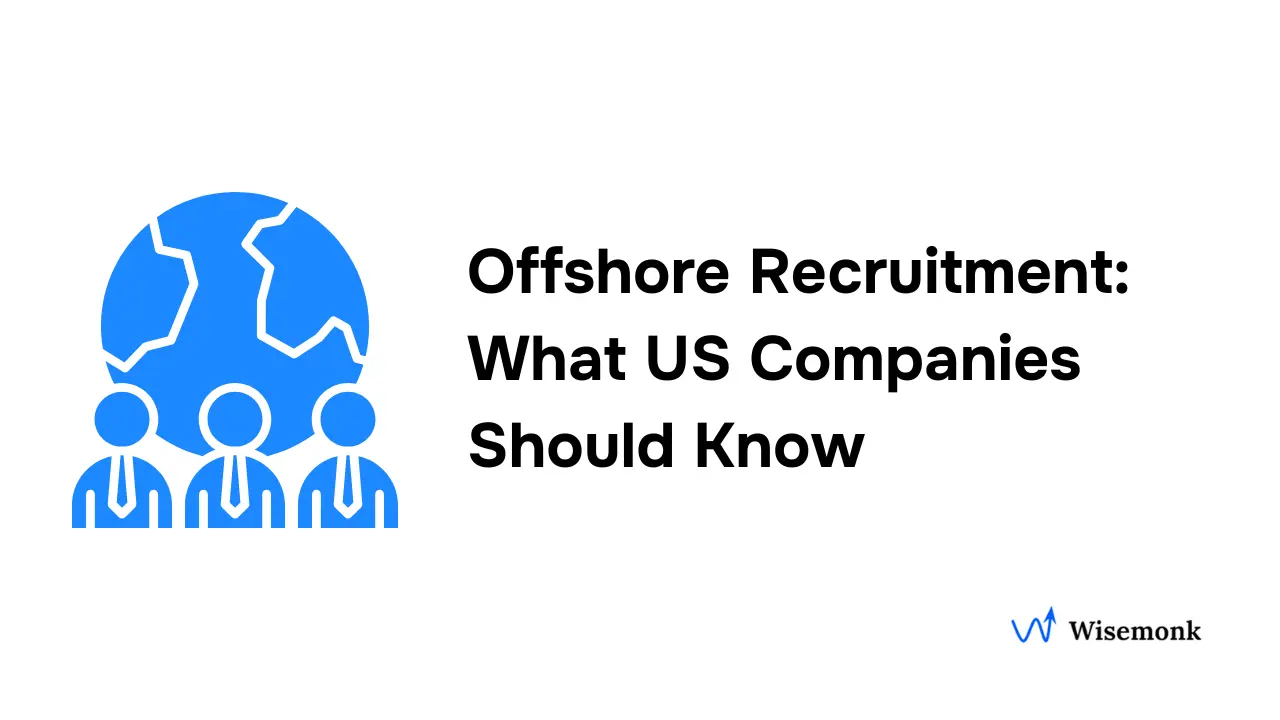

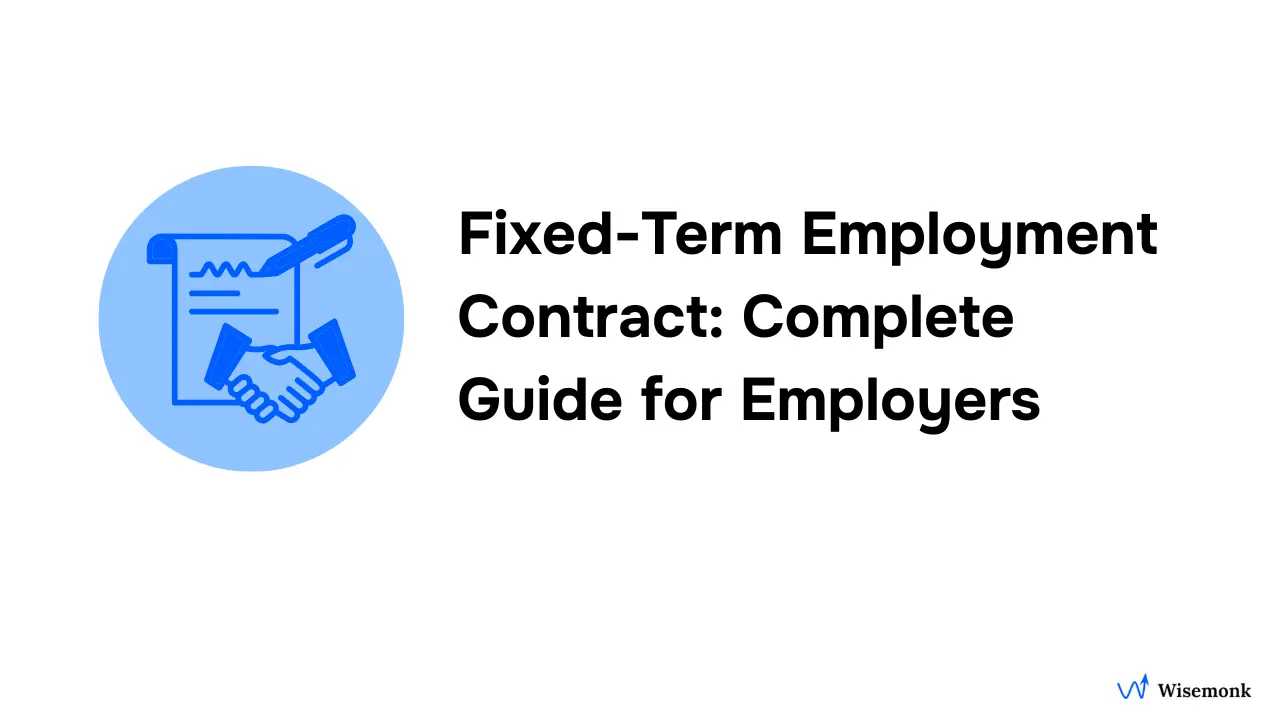
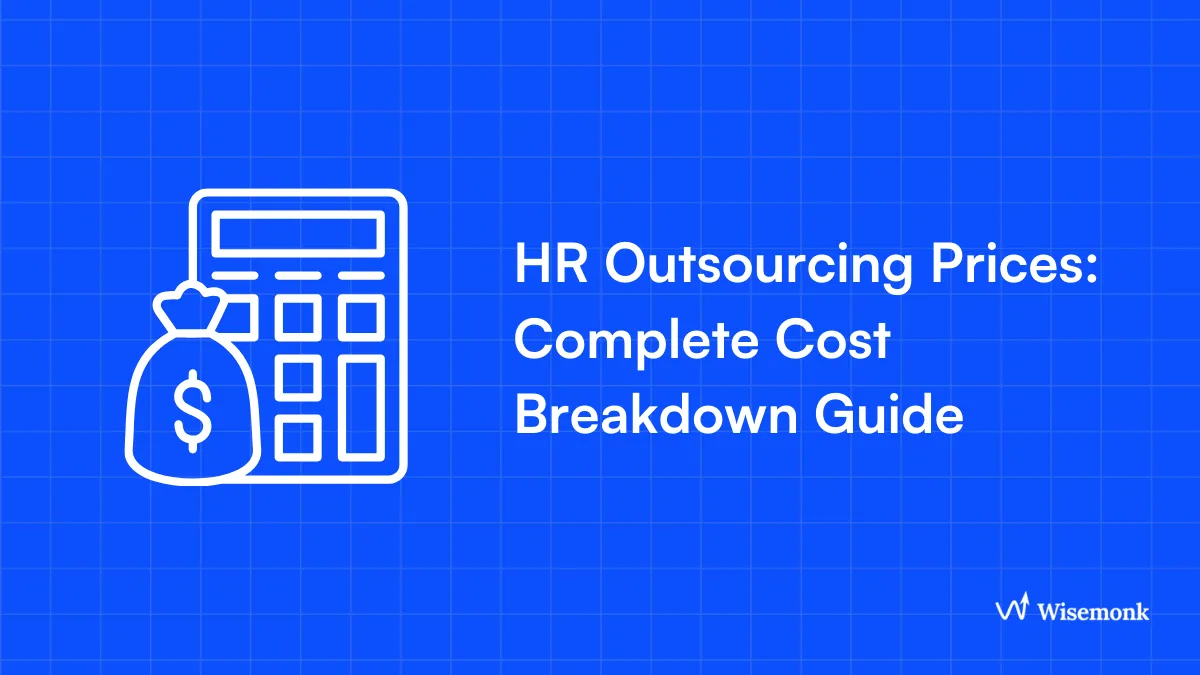
.webp)
.webp)
.webp)

.webp)

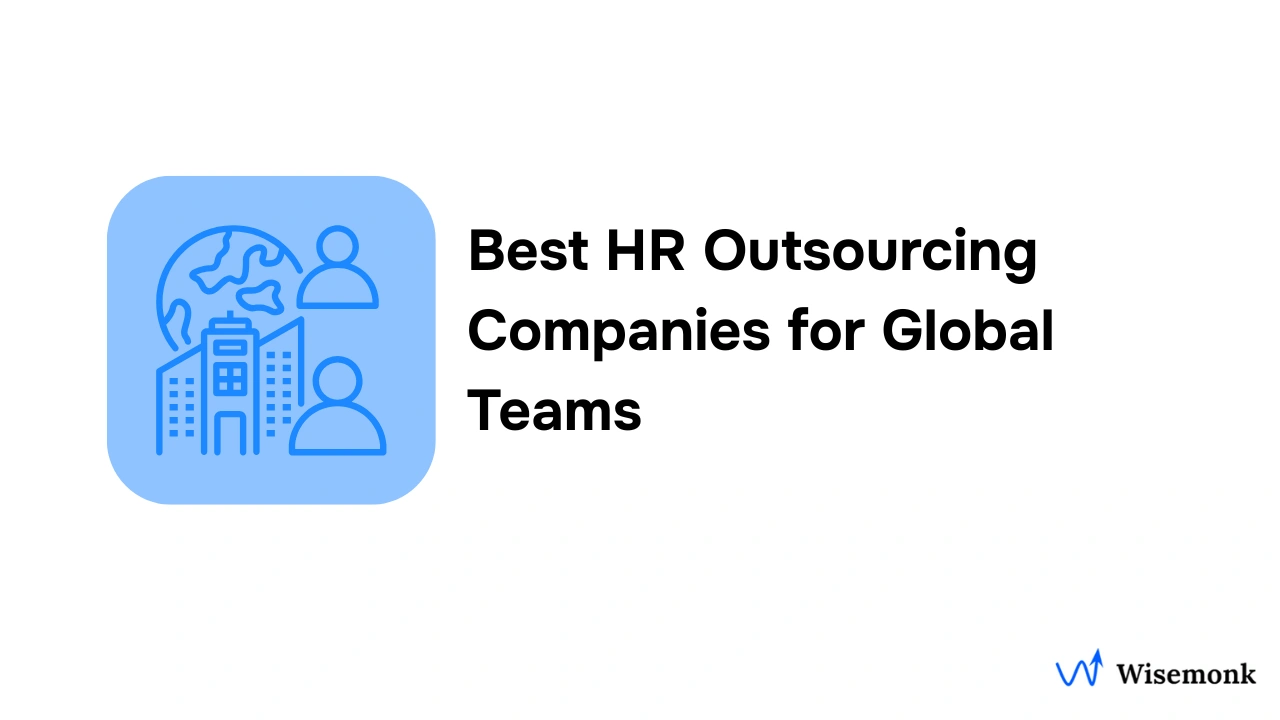
.webp)
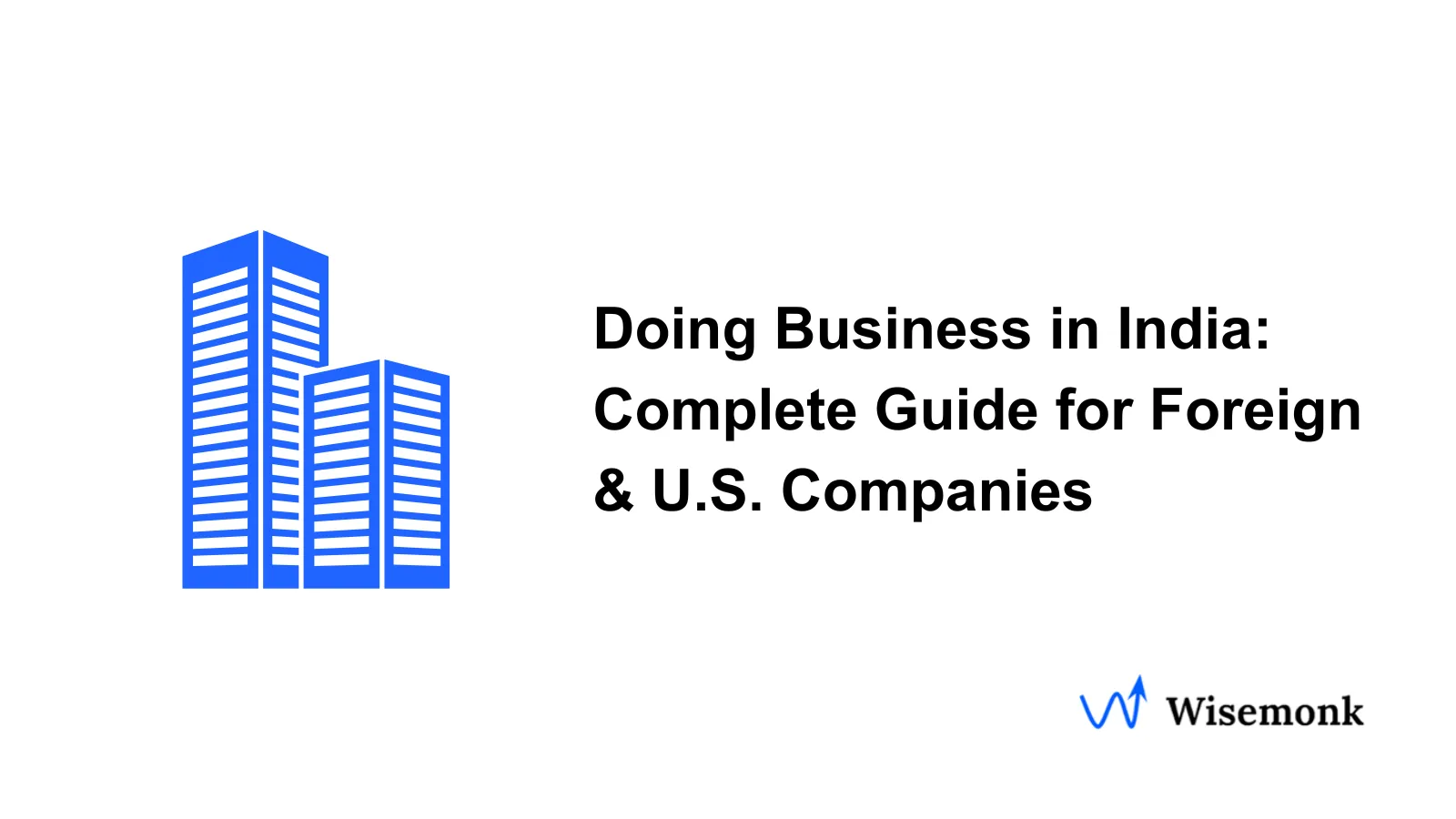
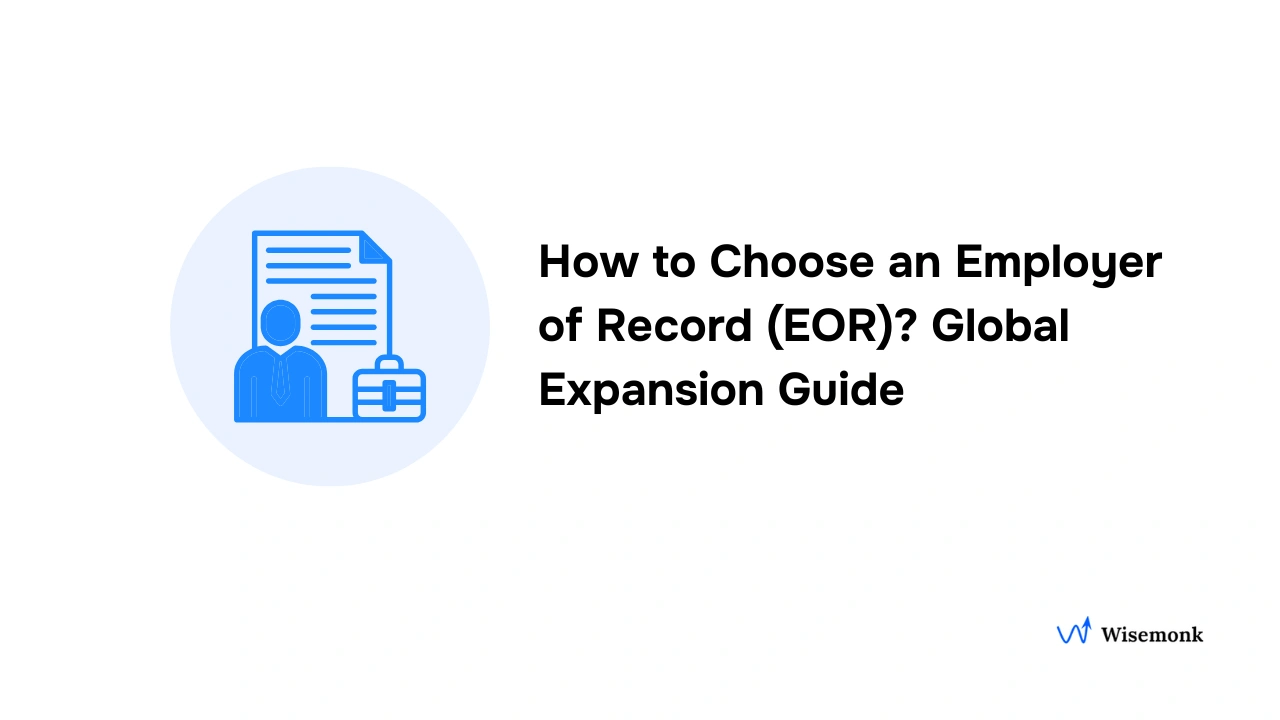
.webp)

.webp)
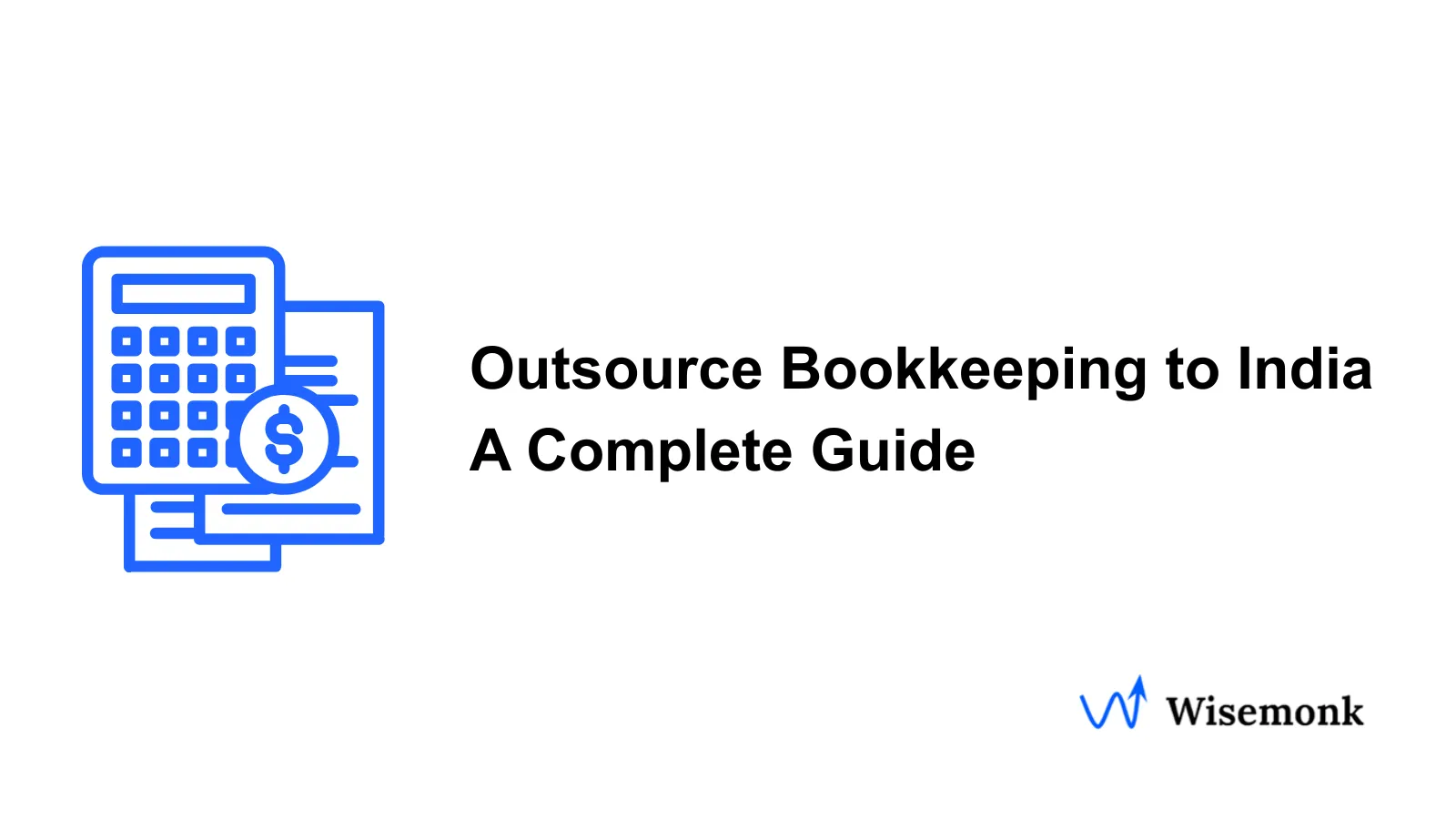
.webp)
.webp)
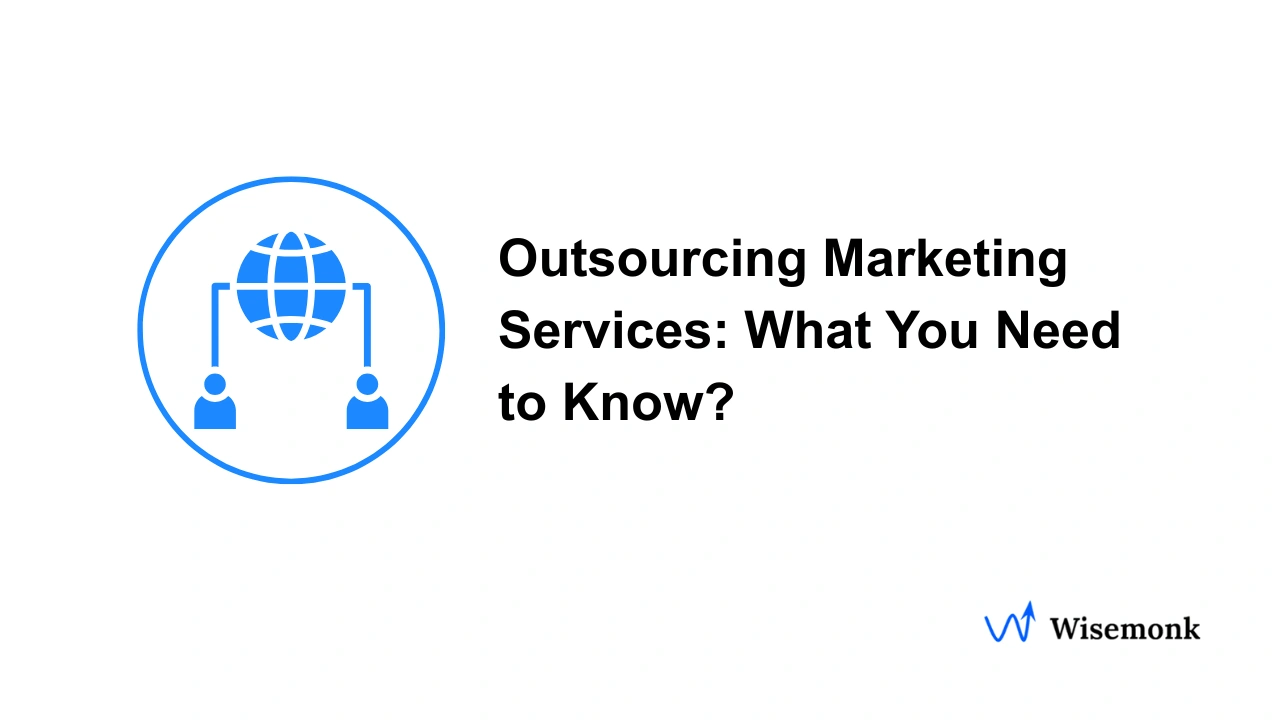
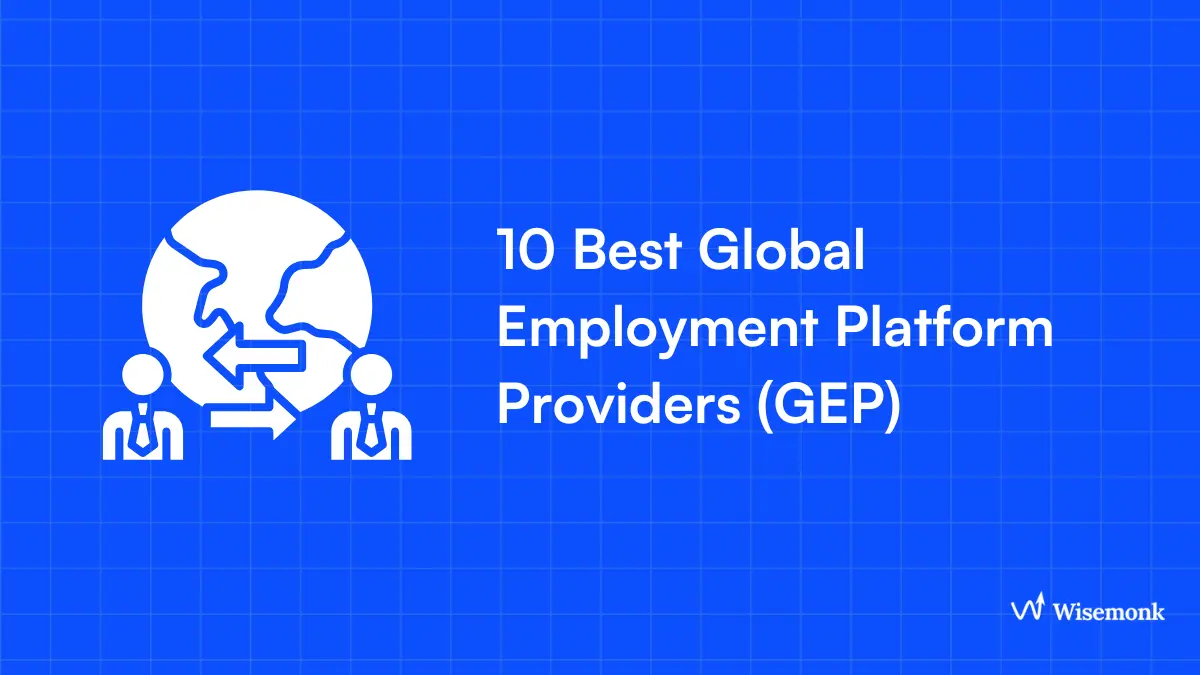
.webp)
